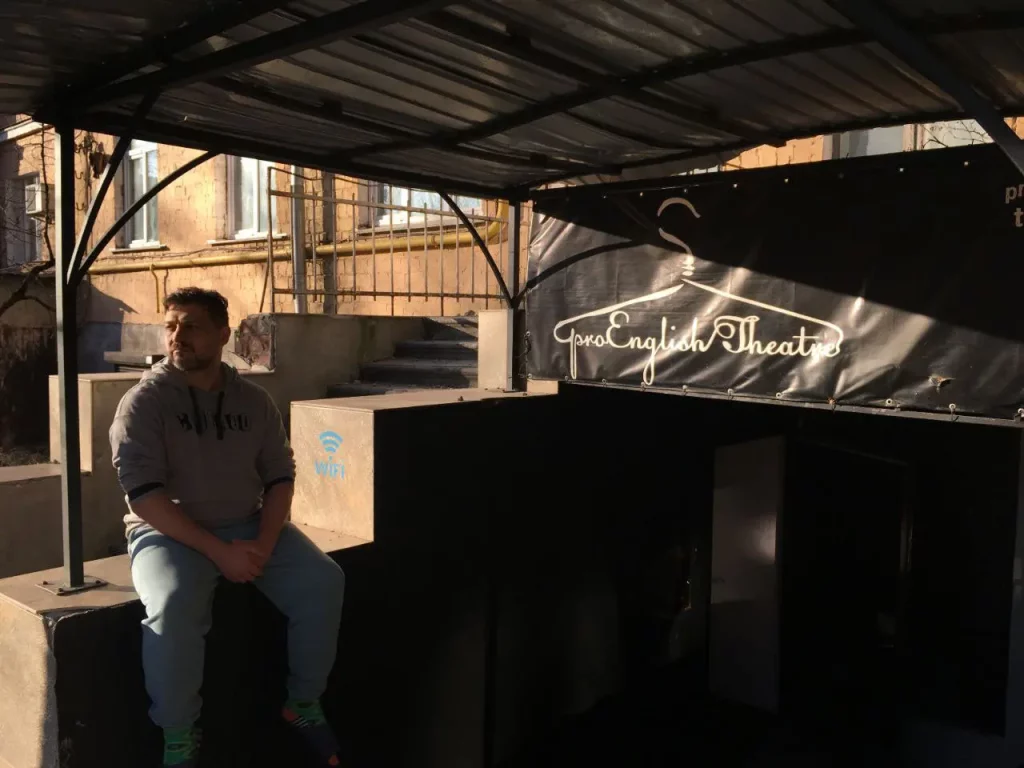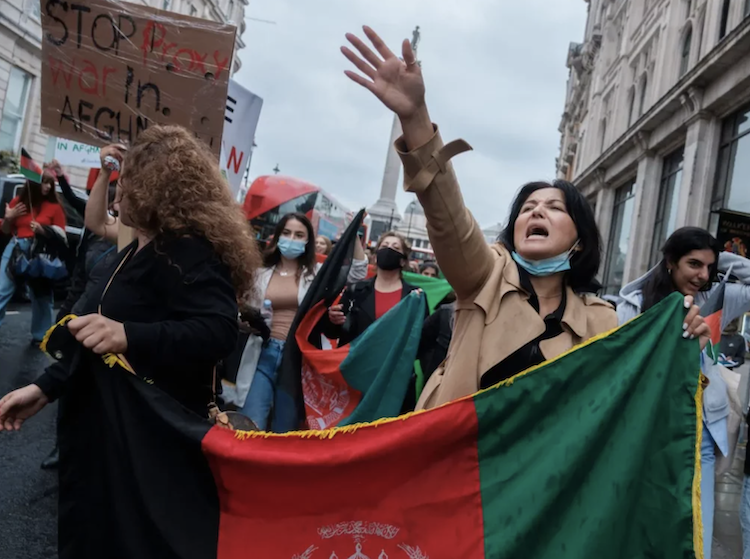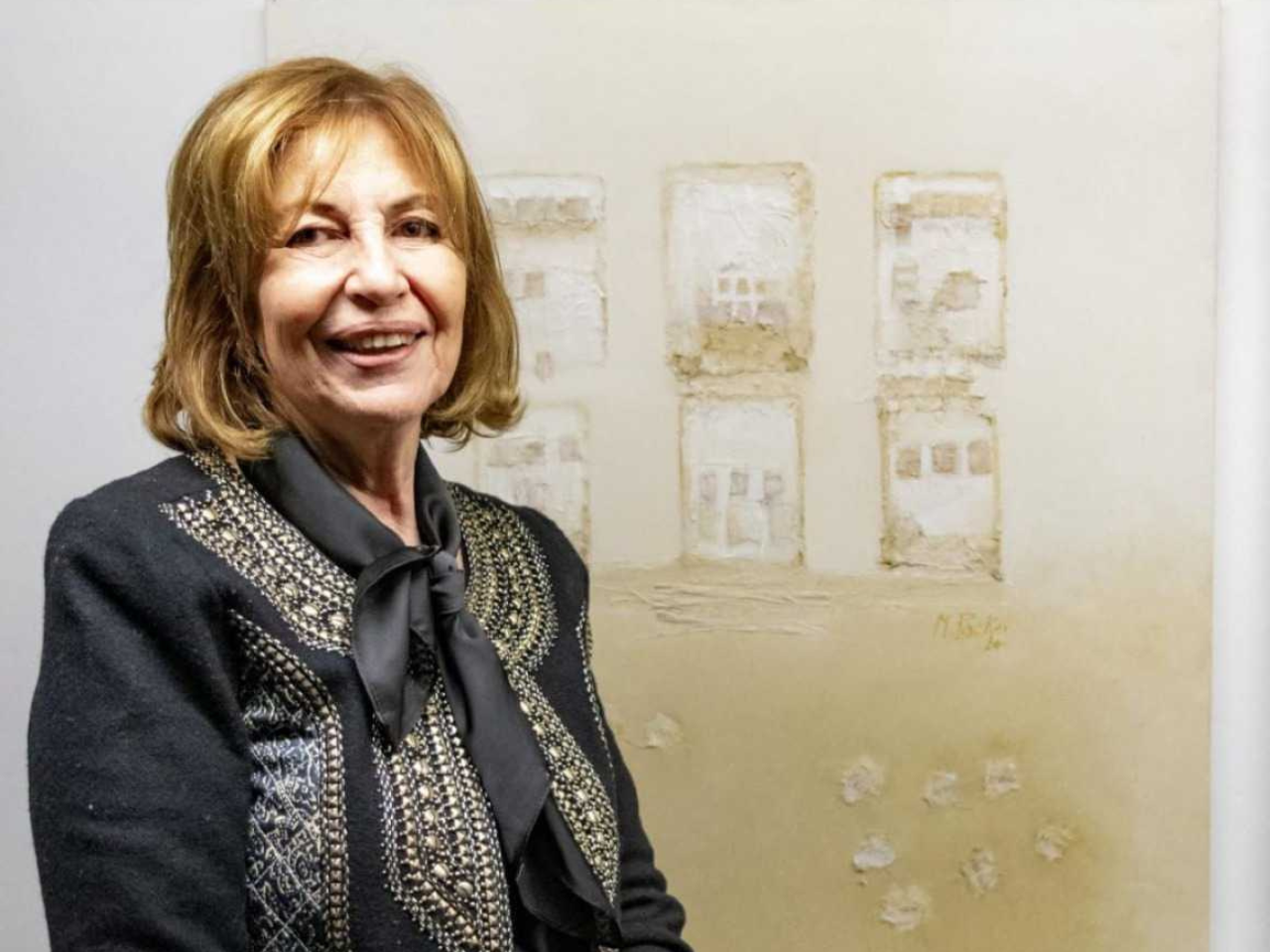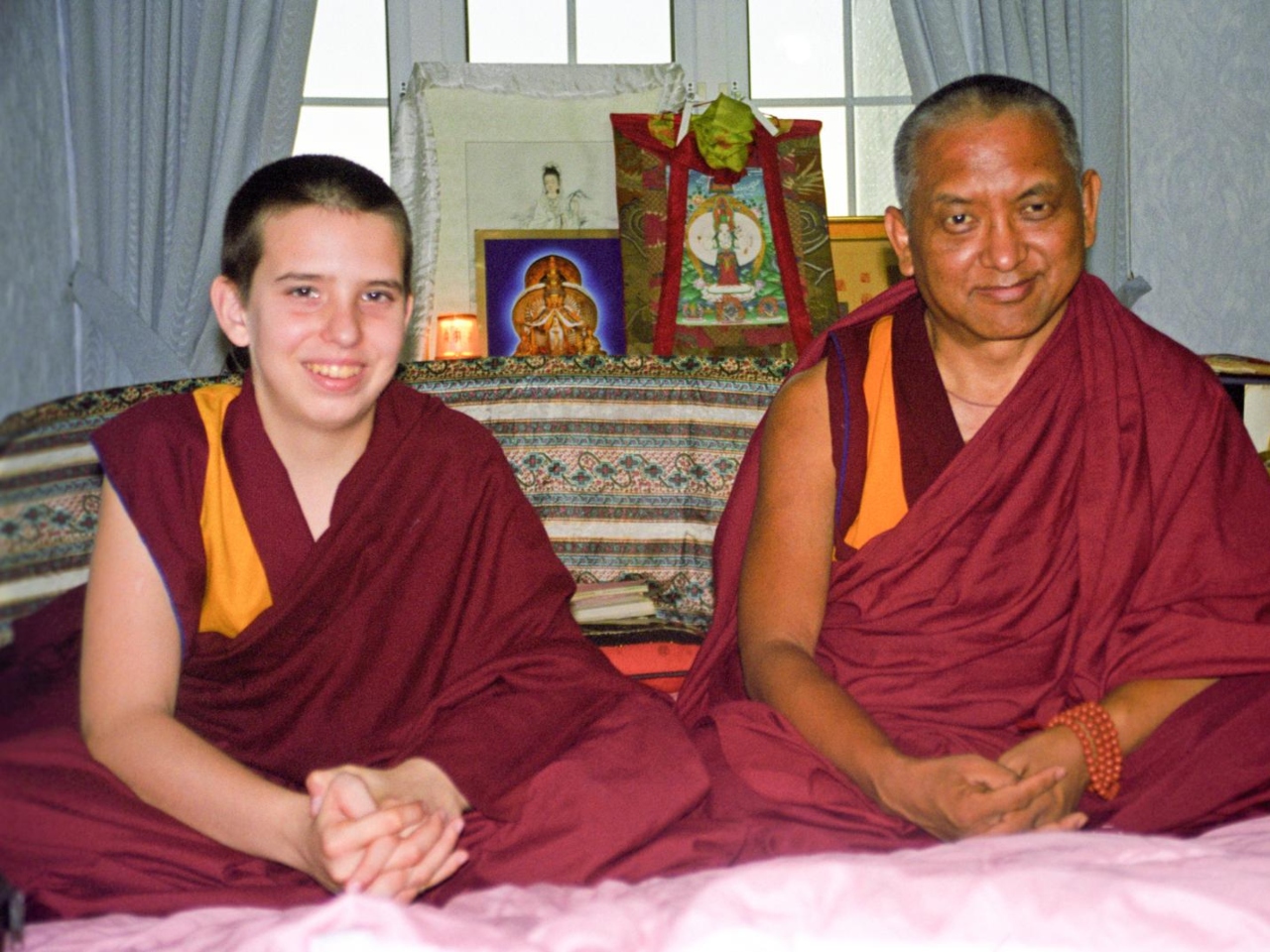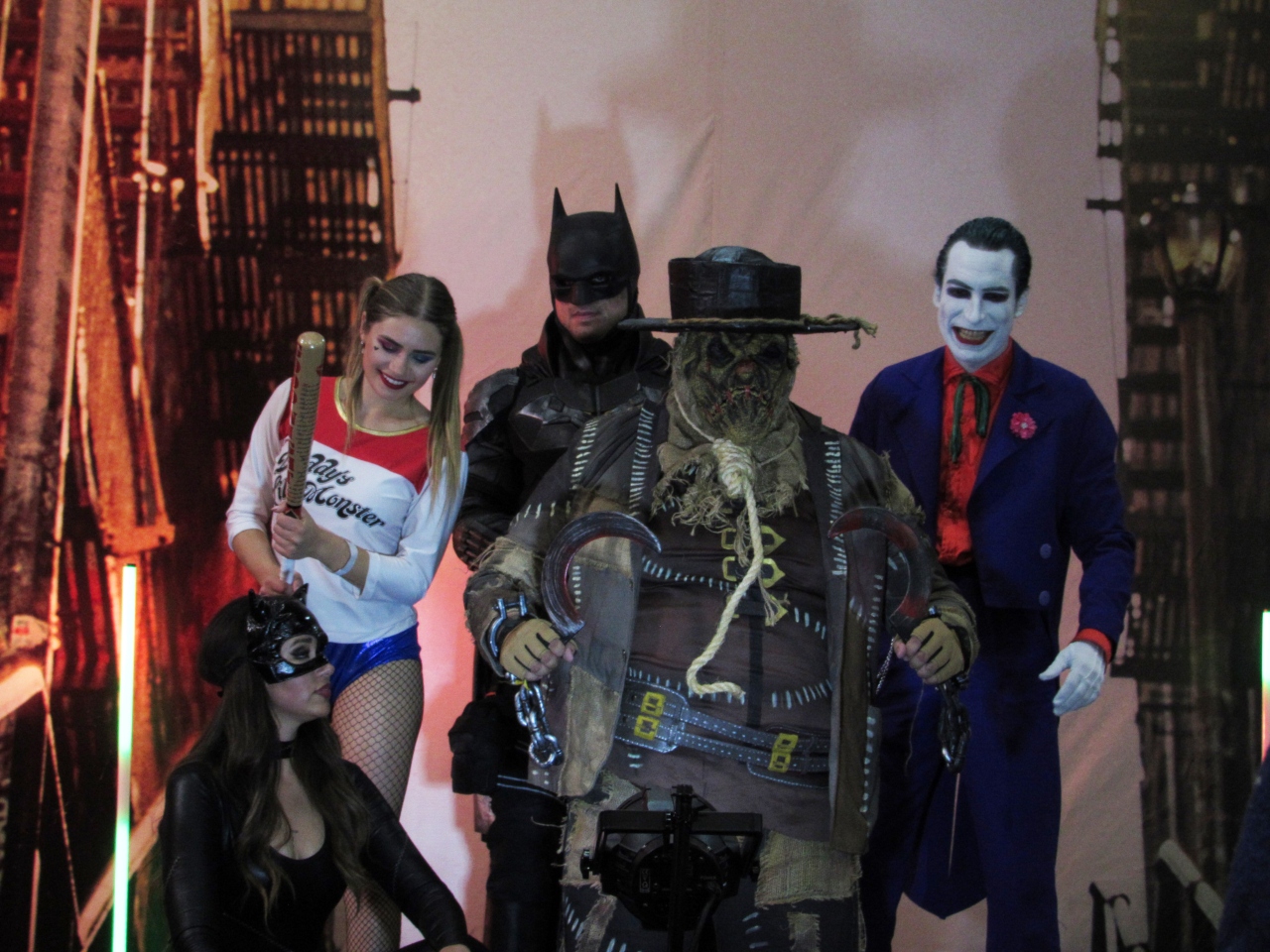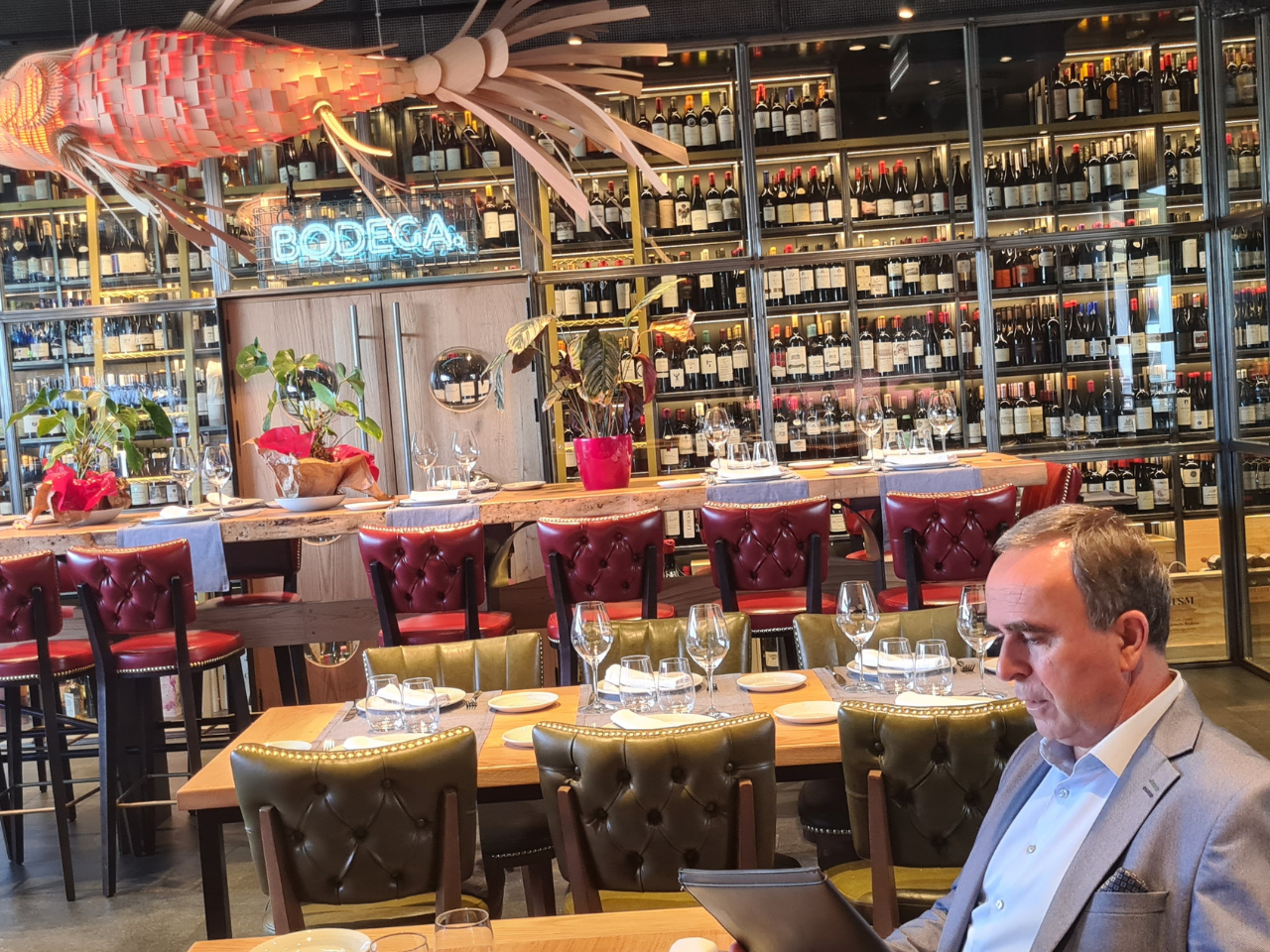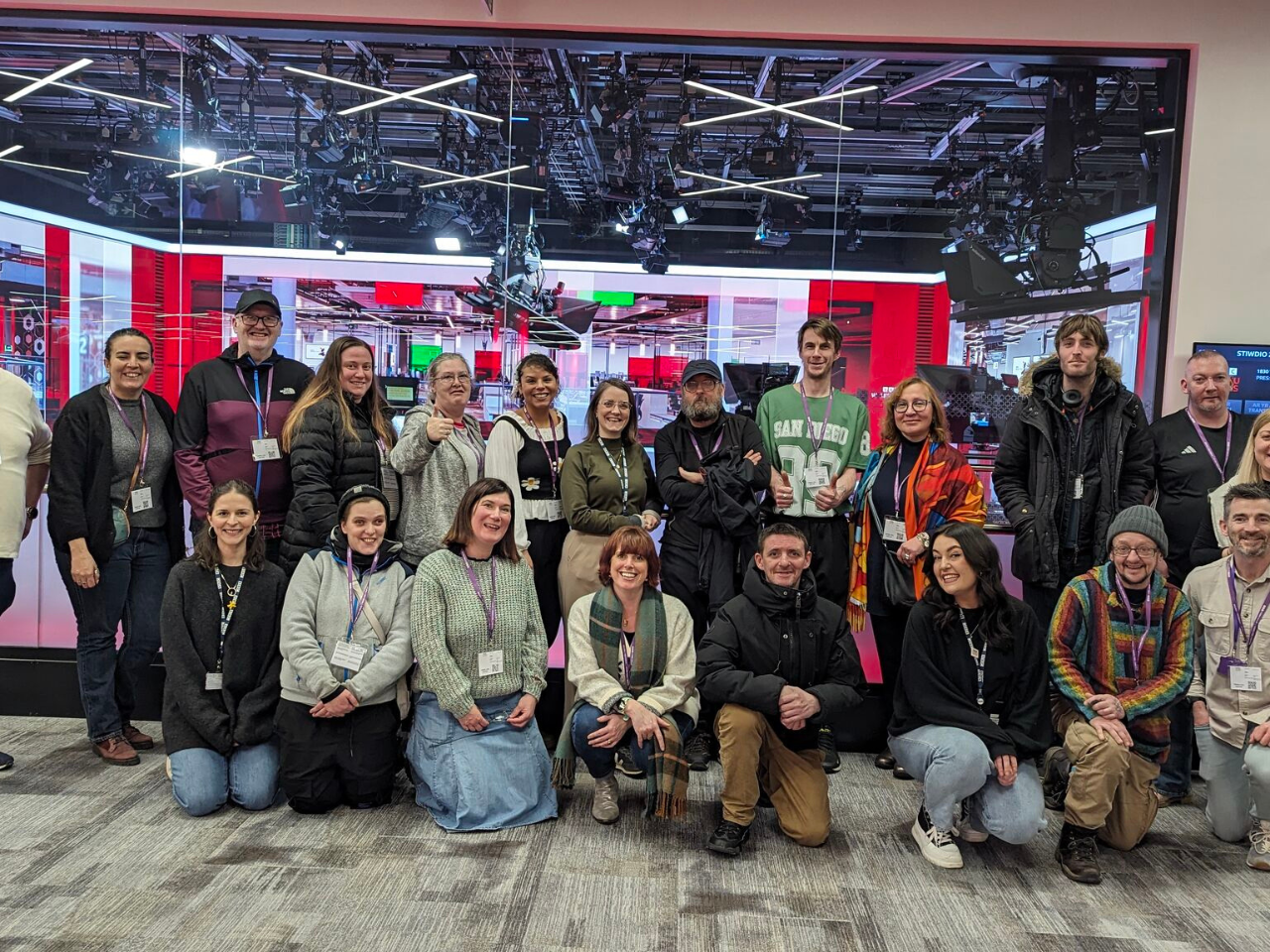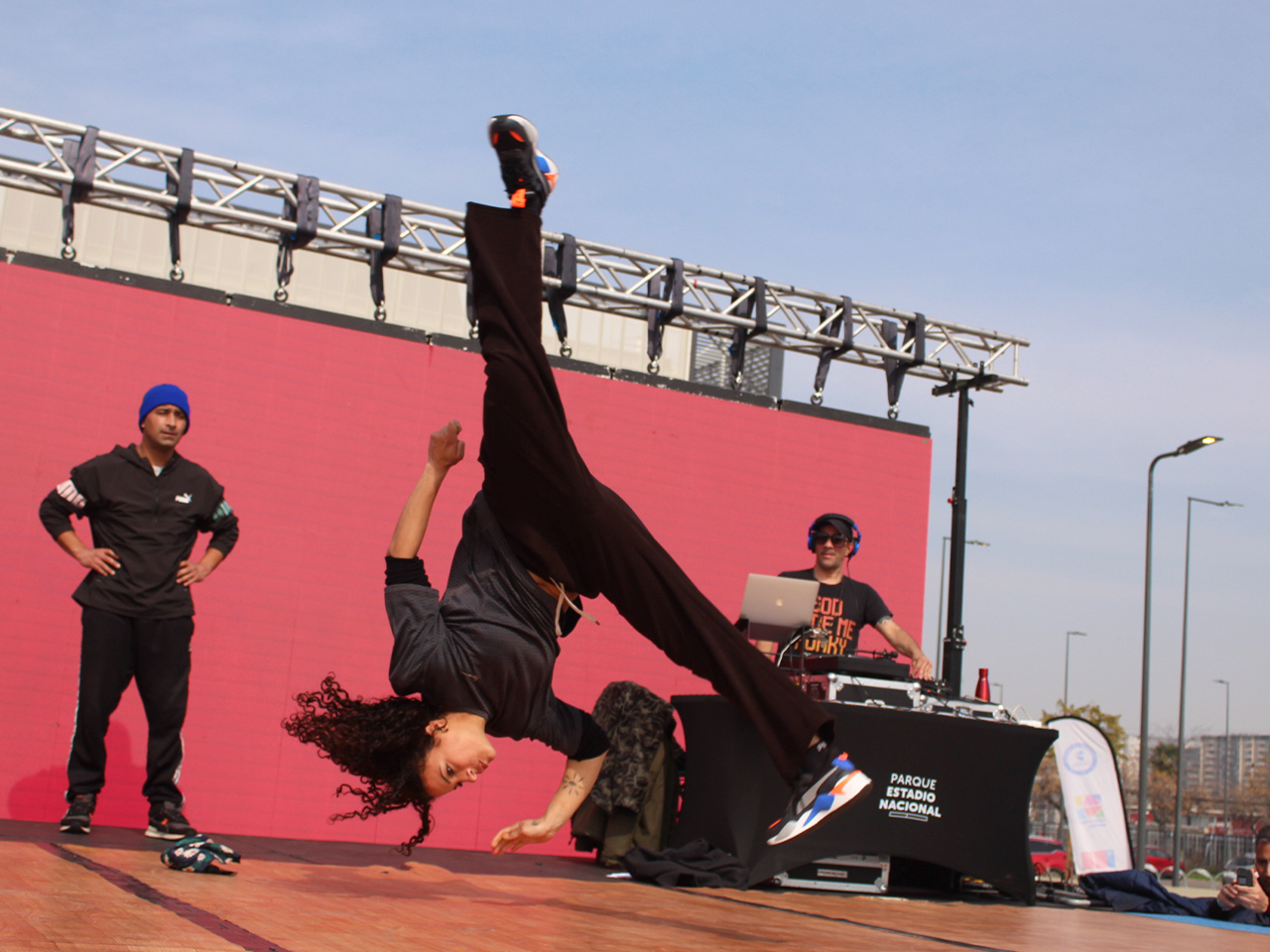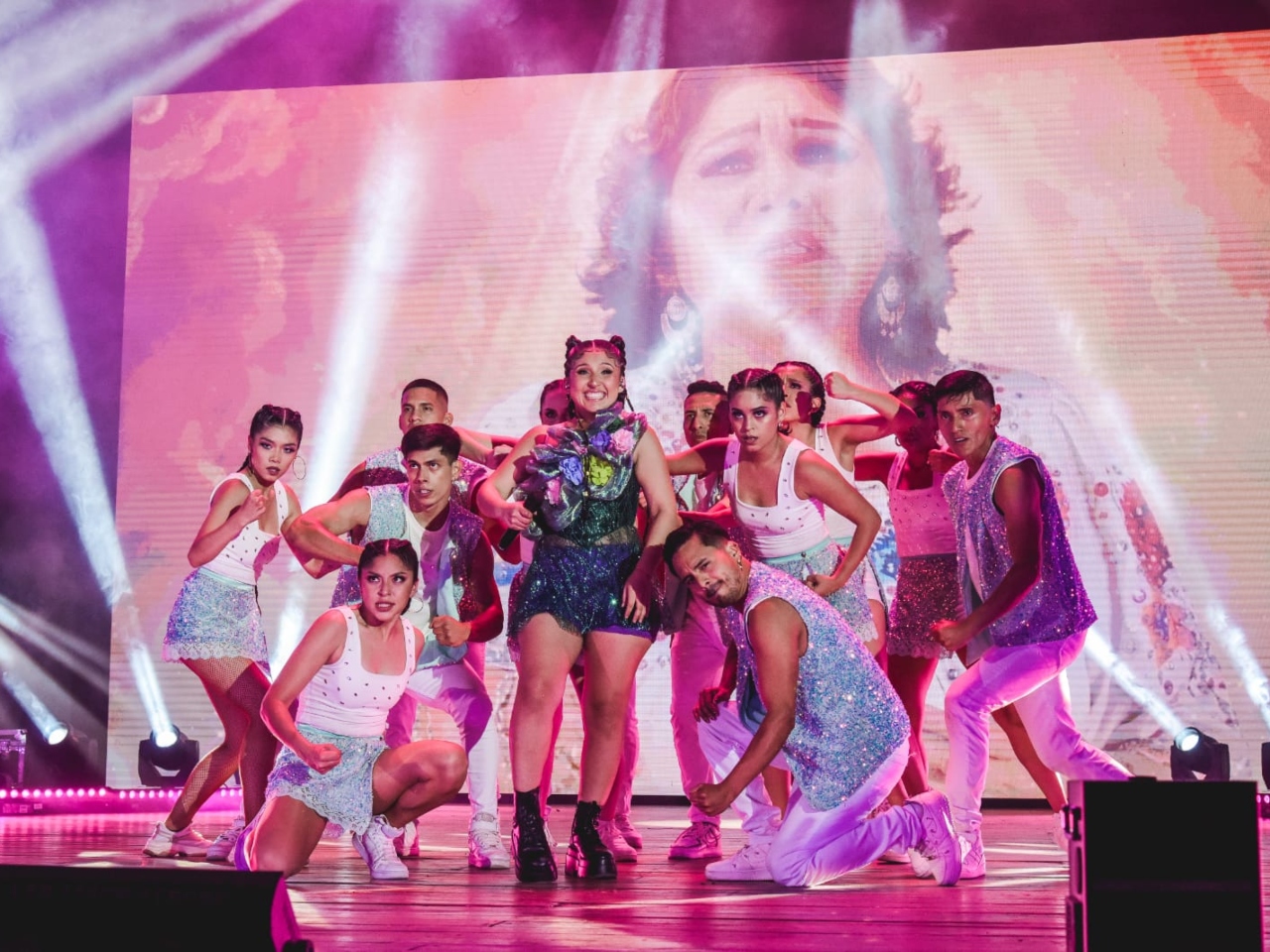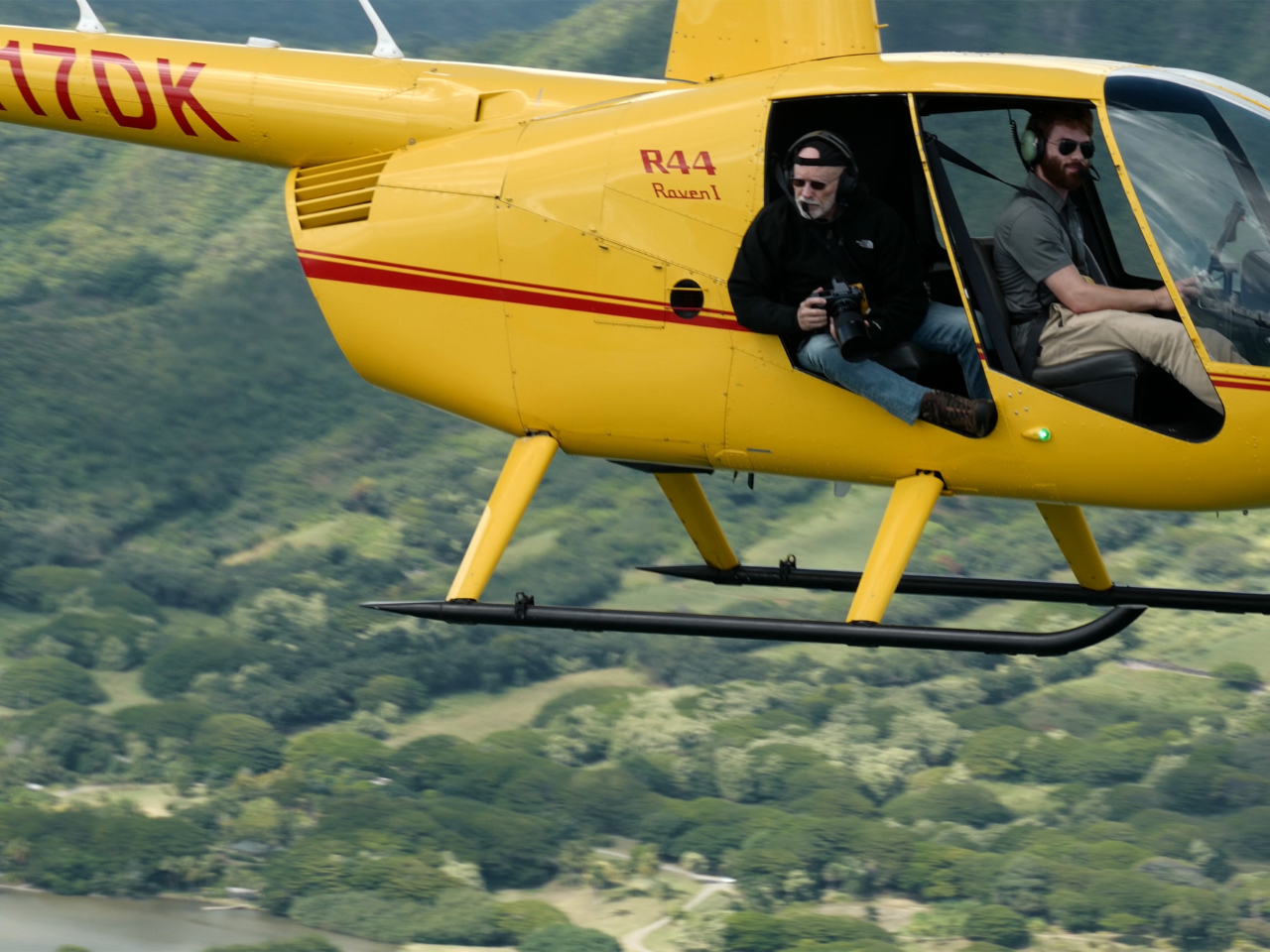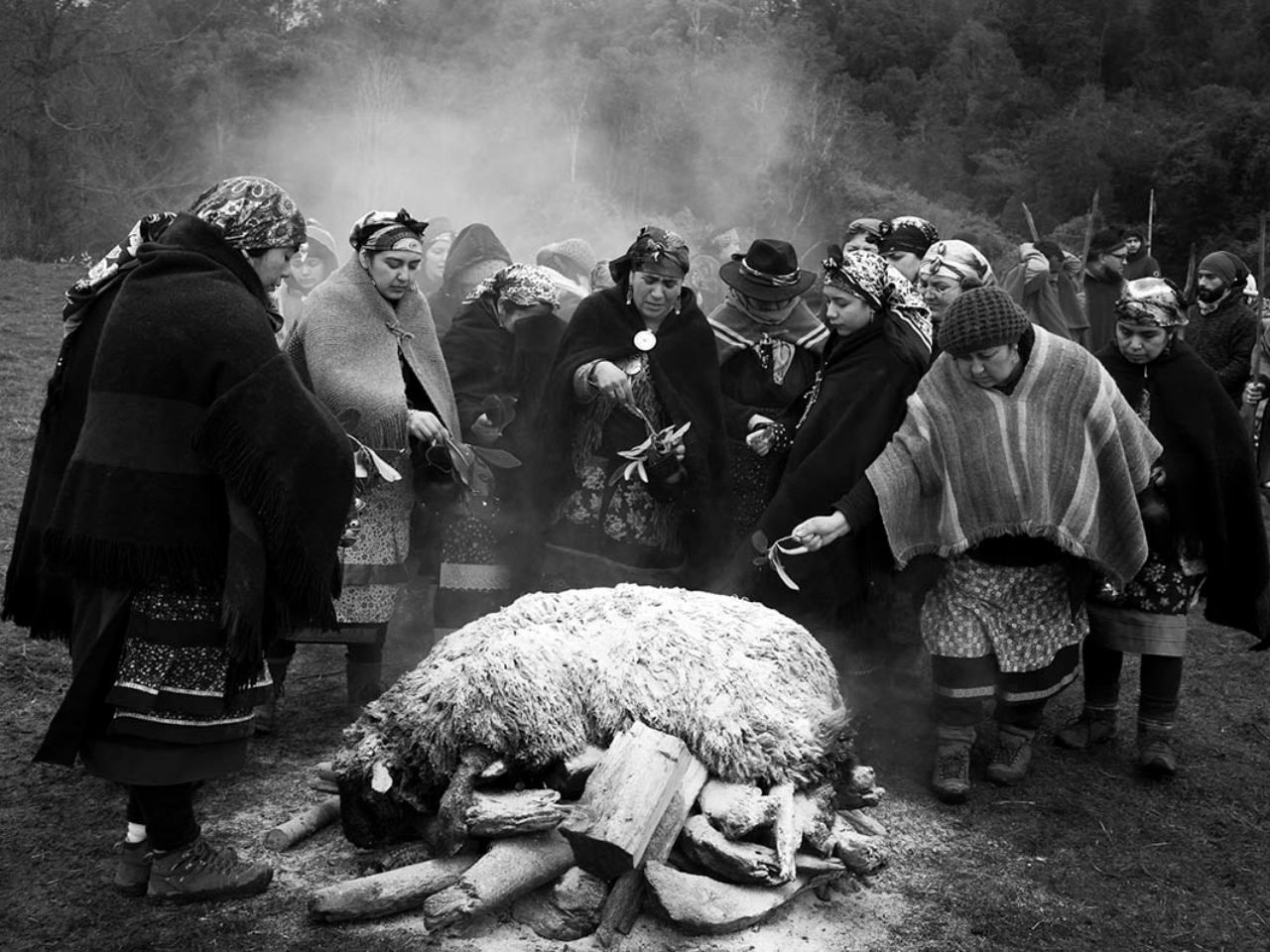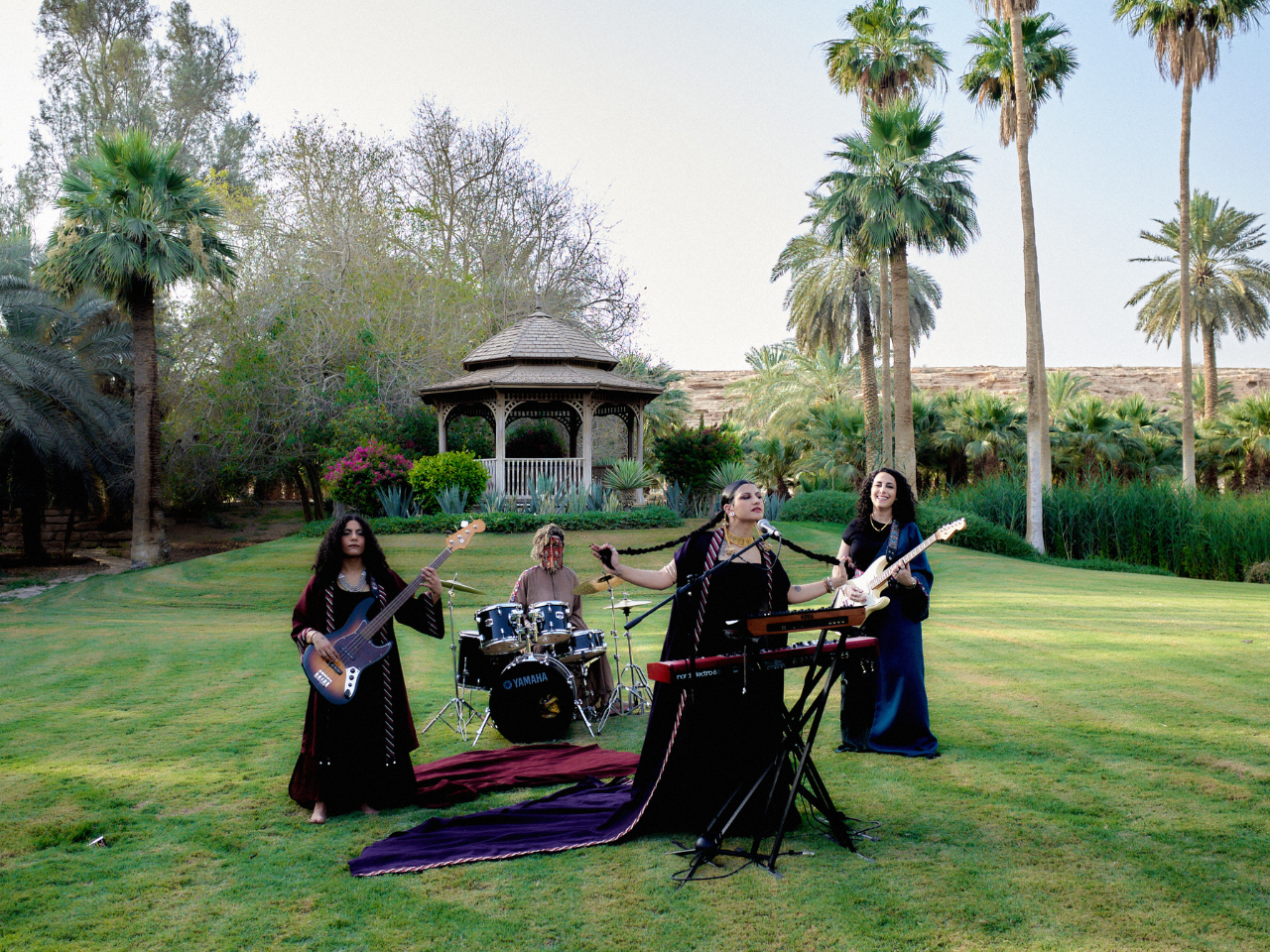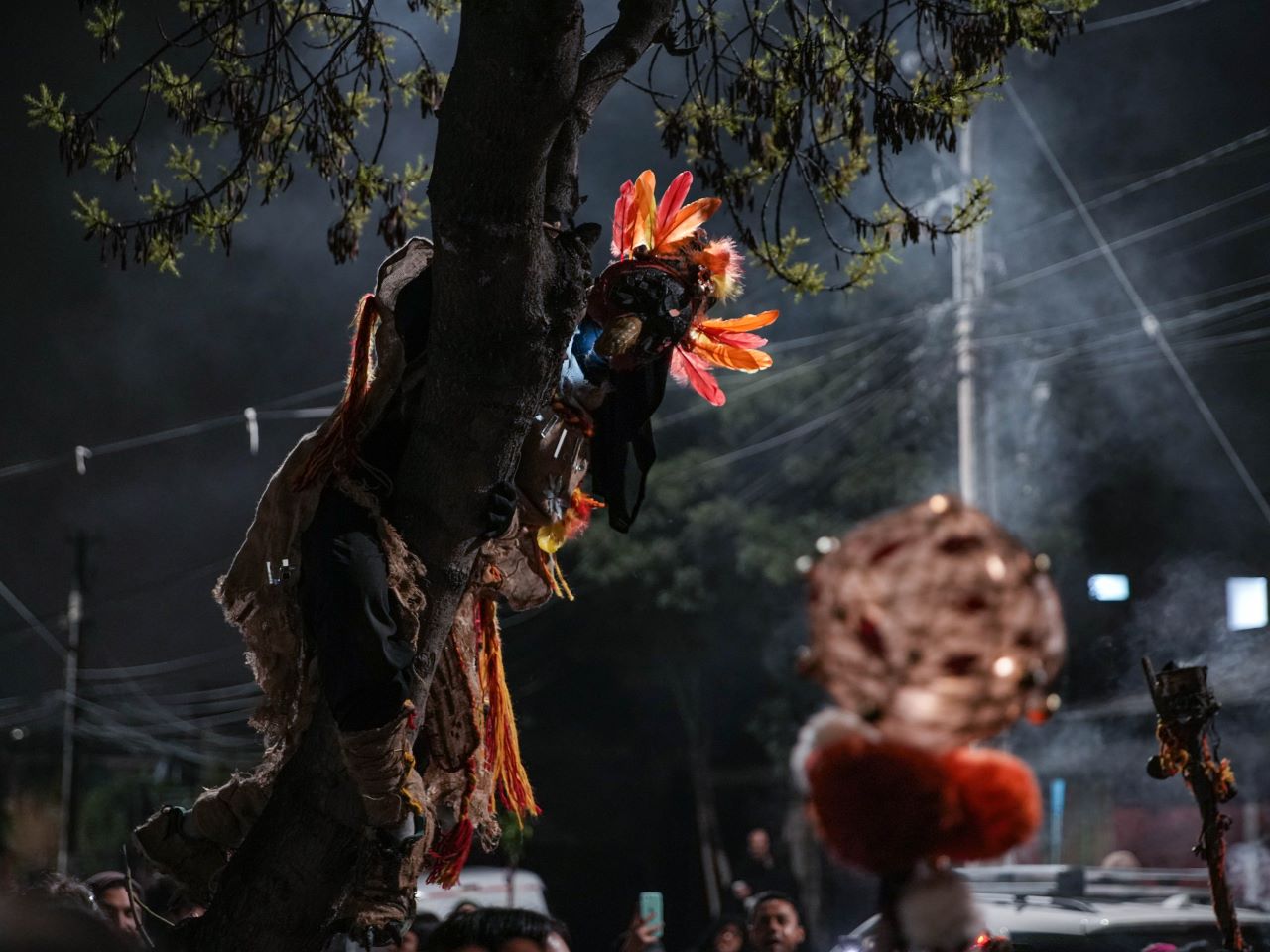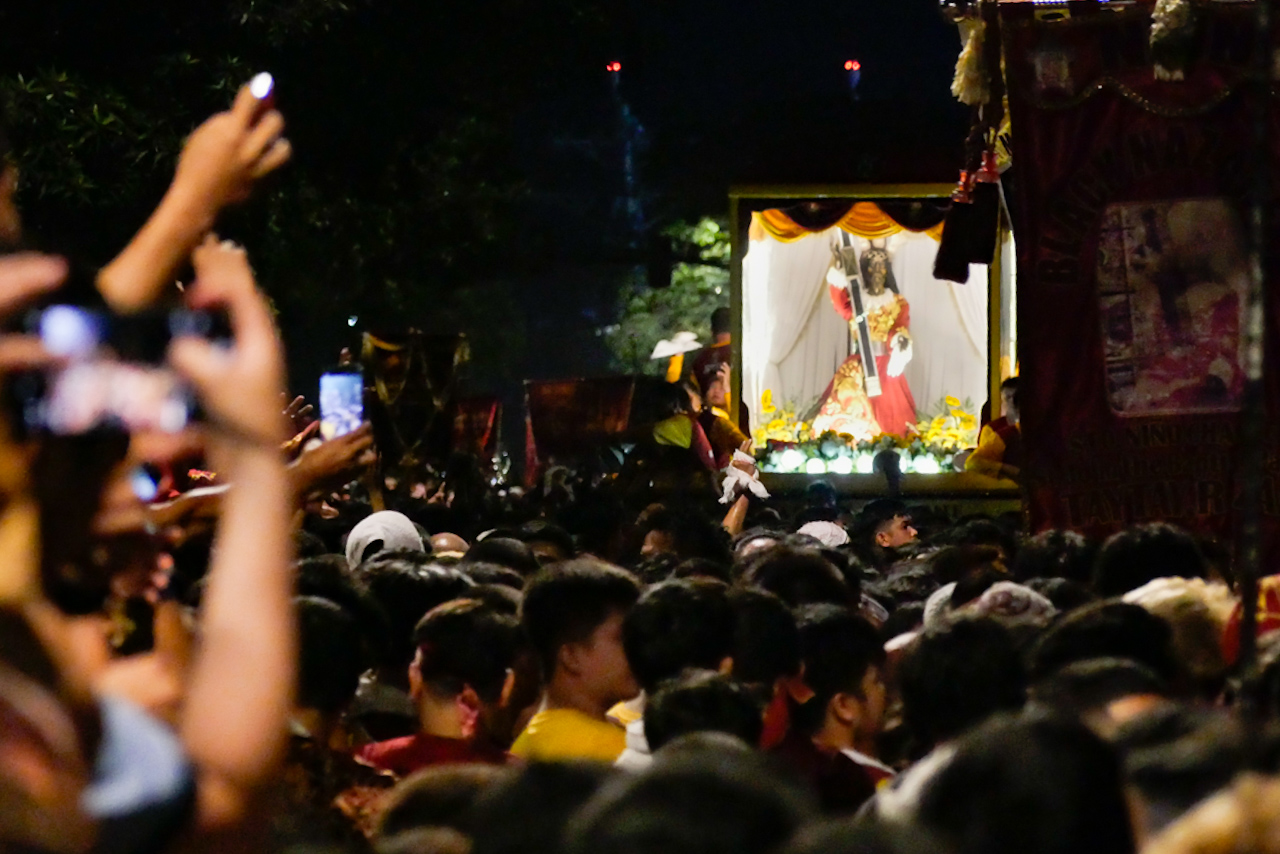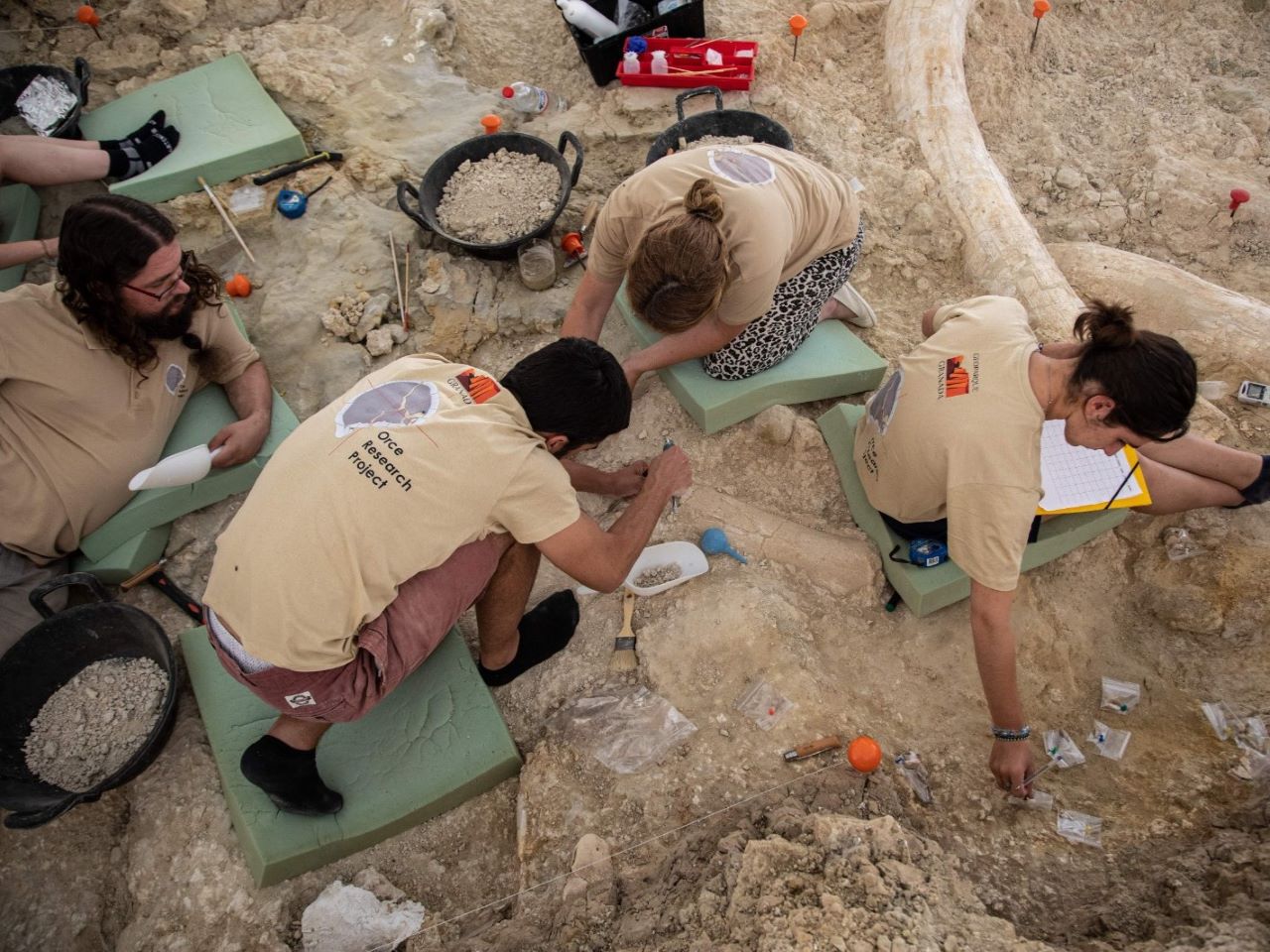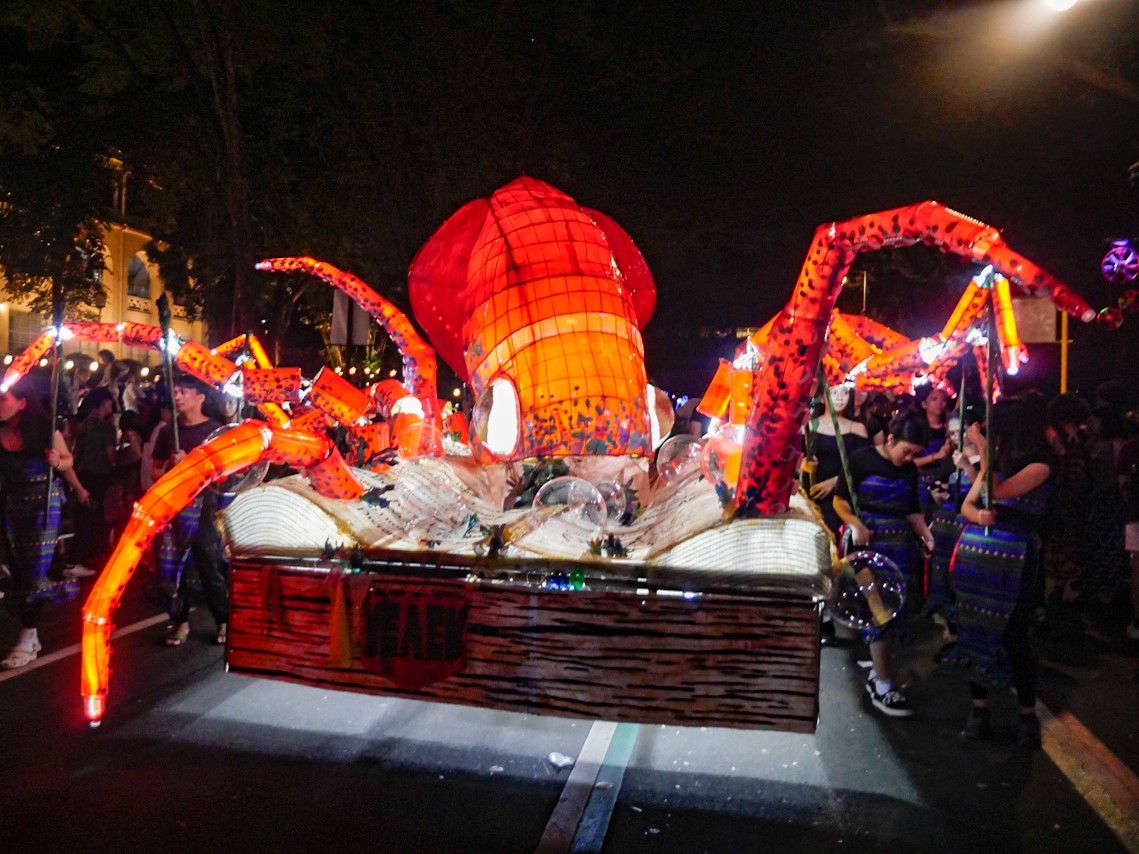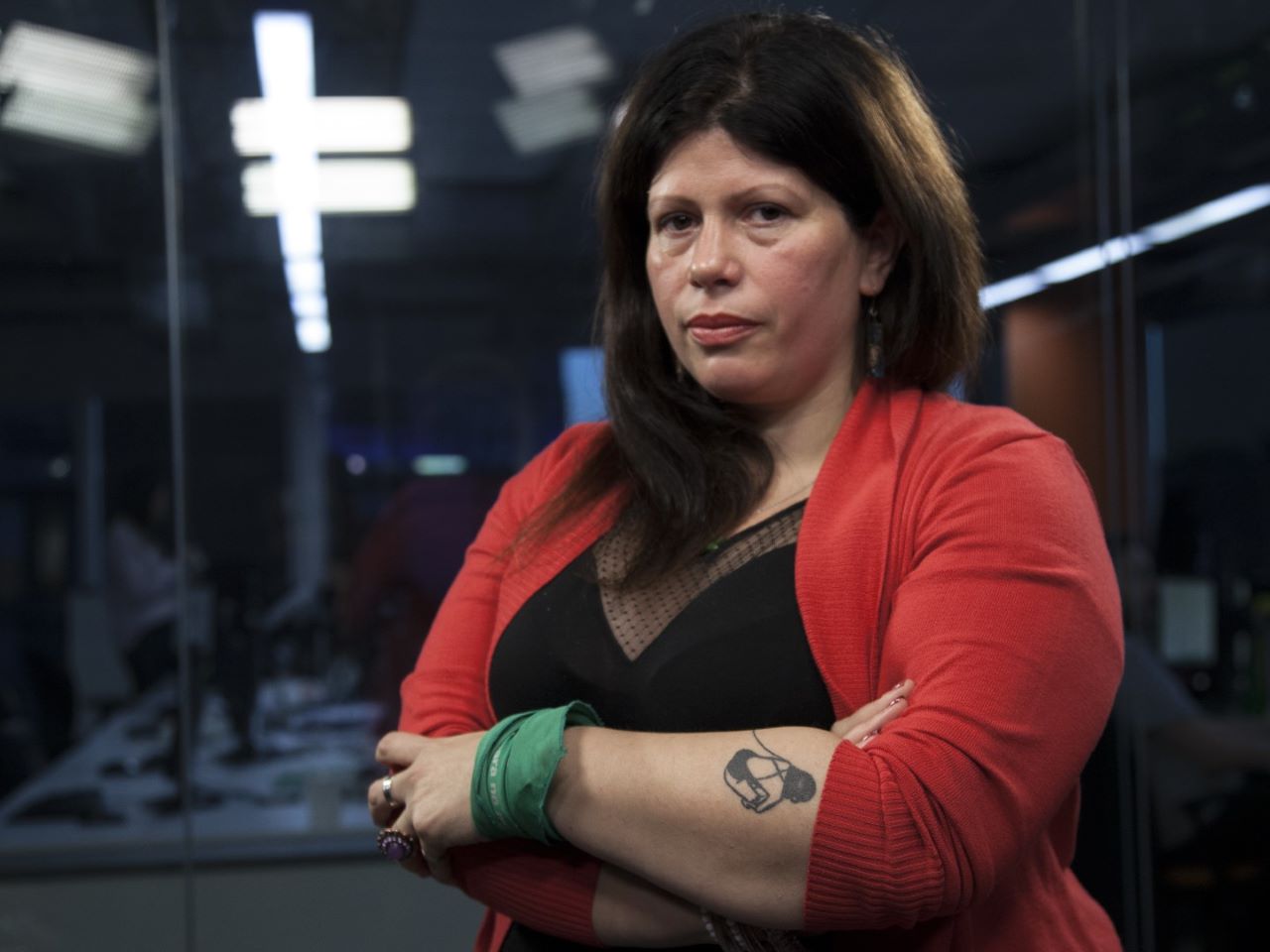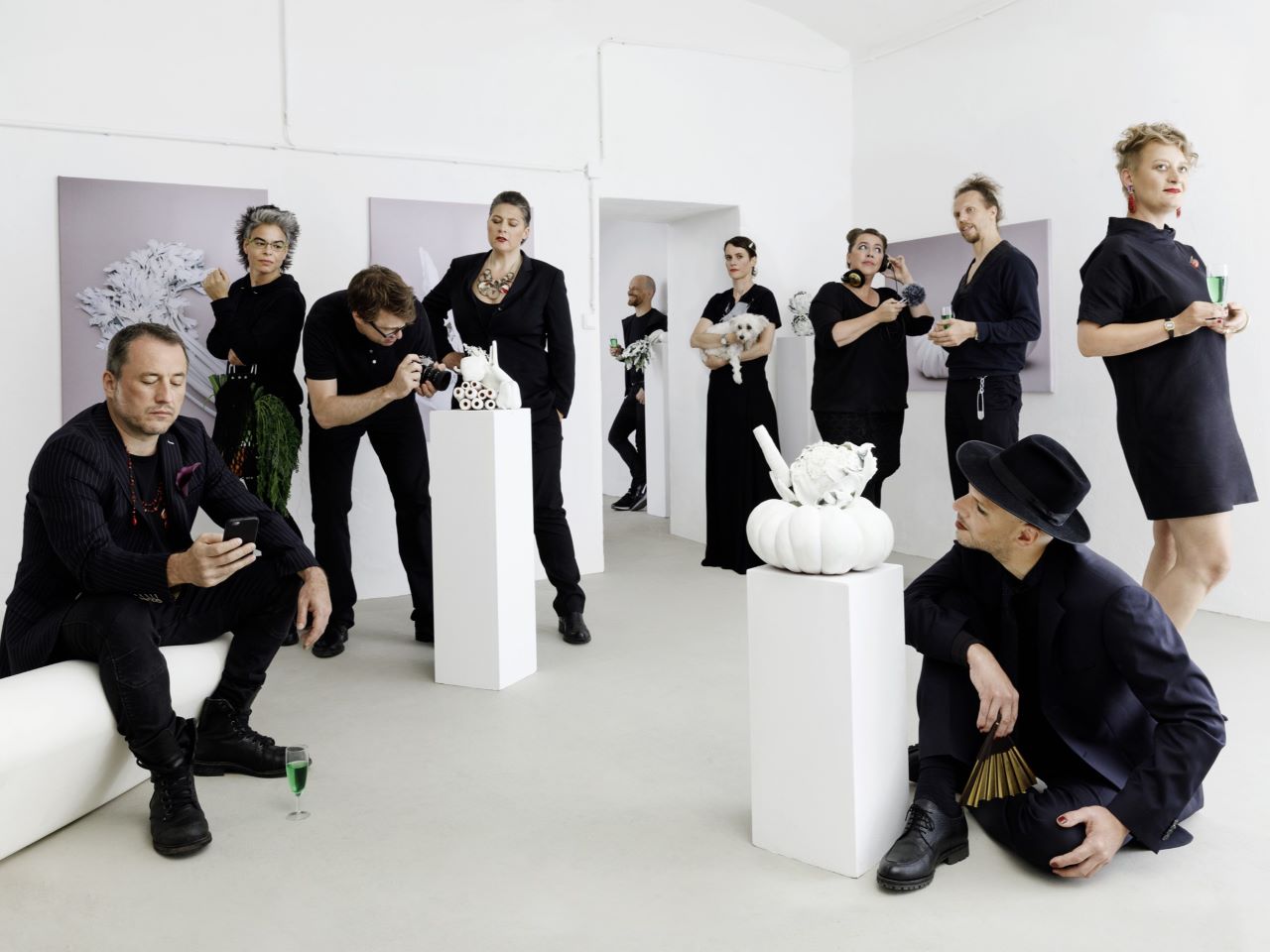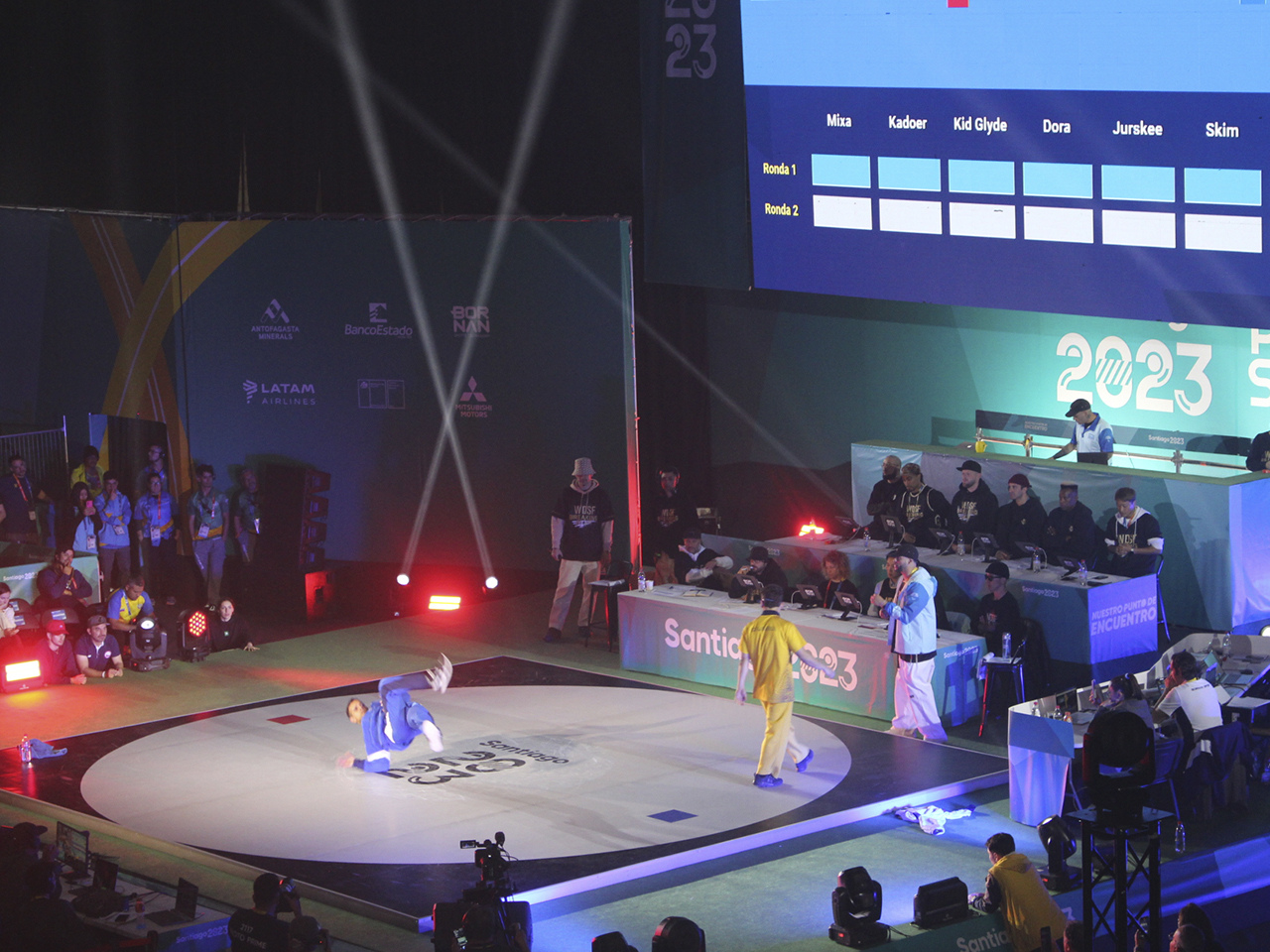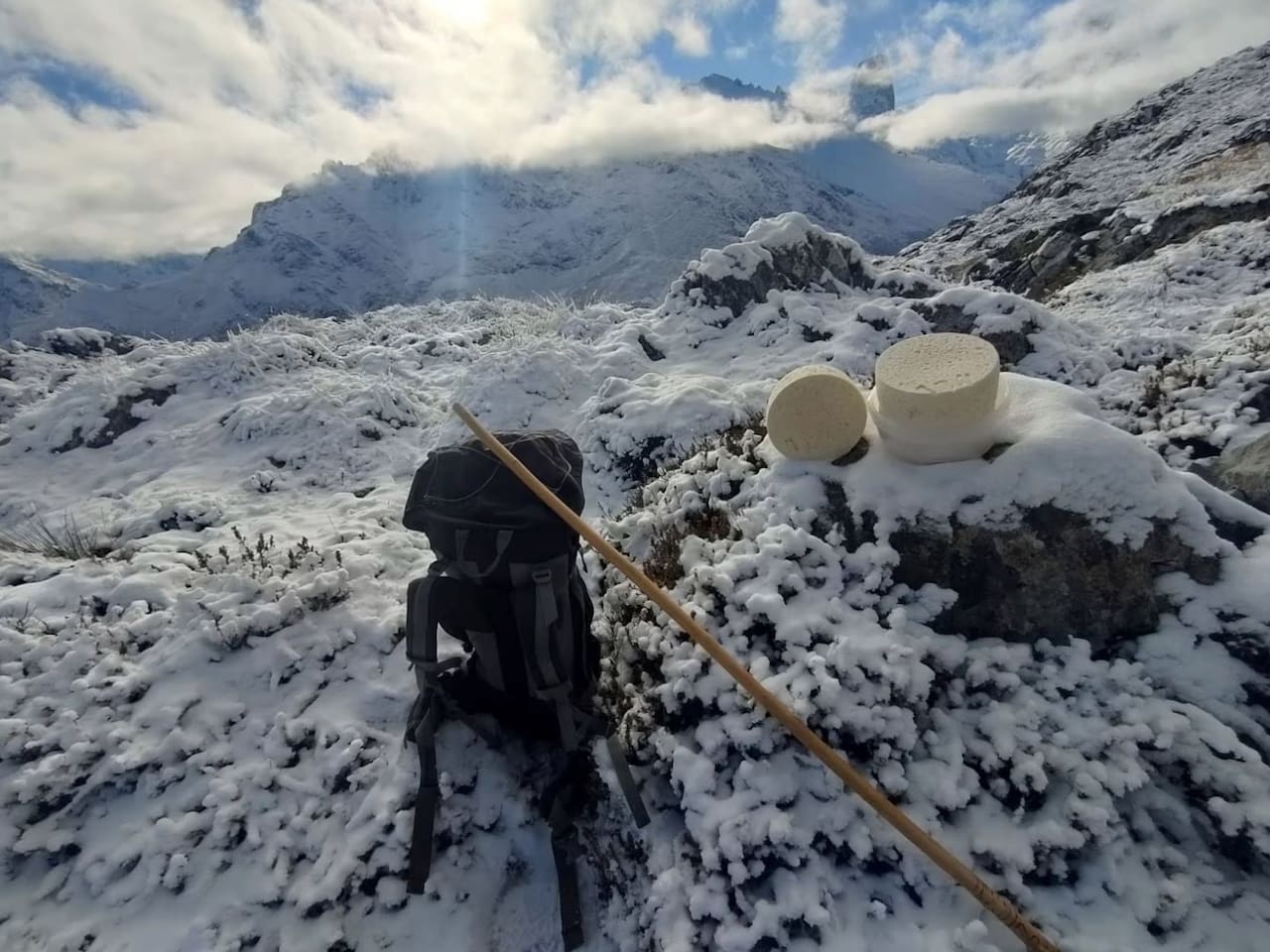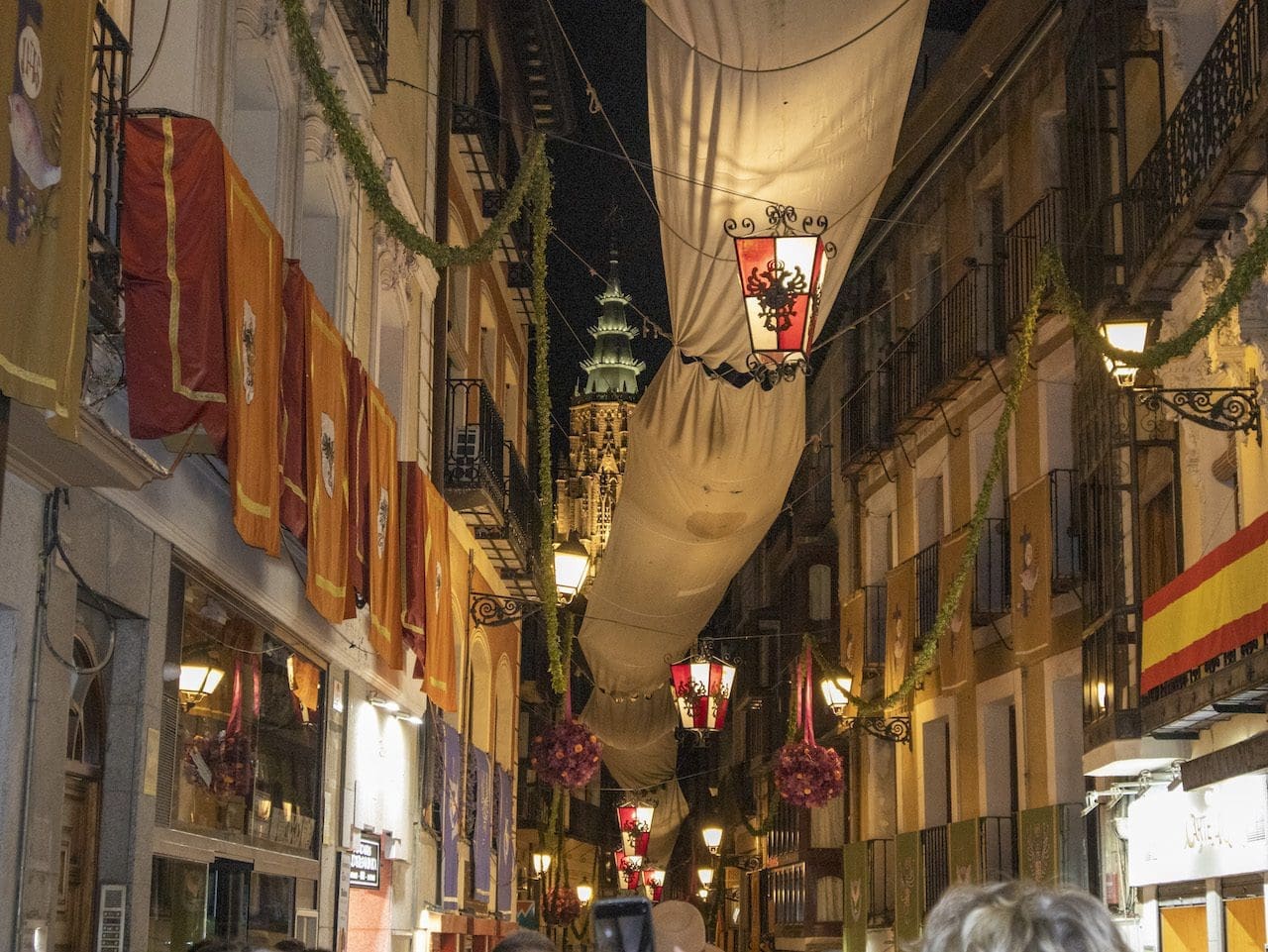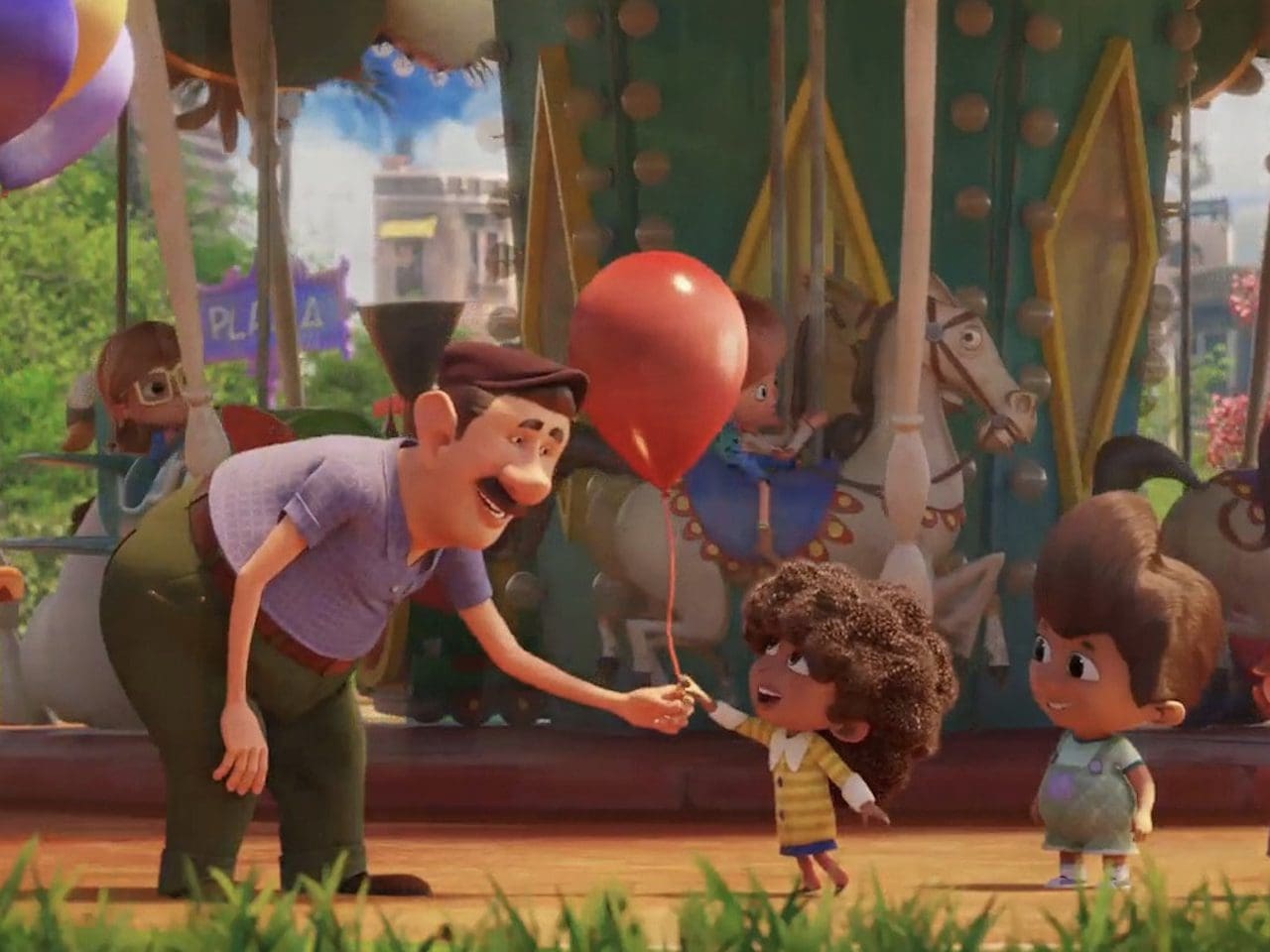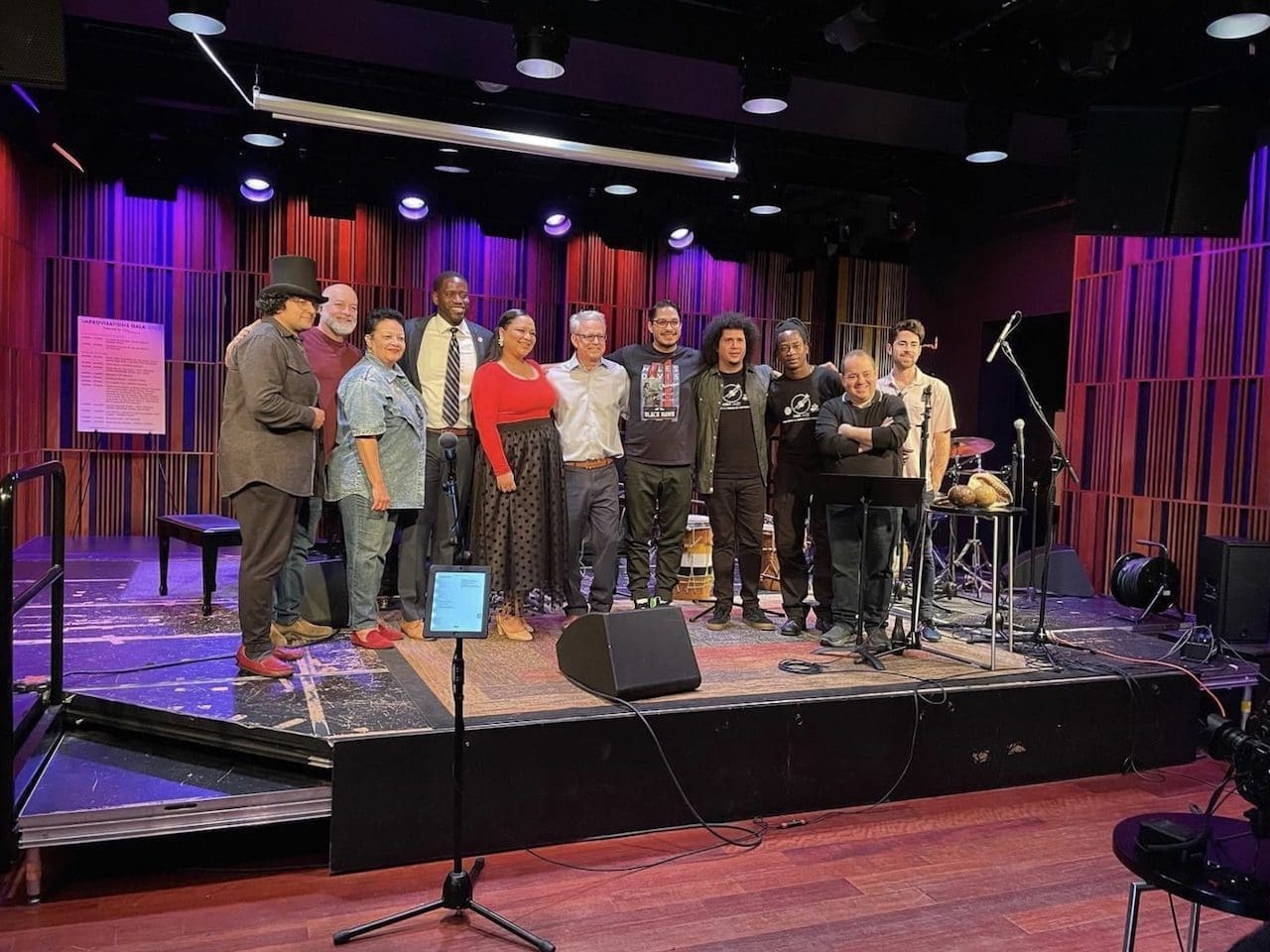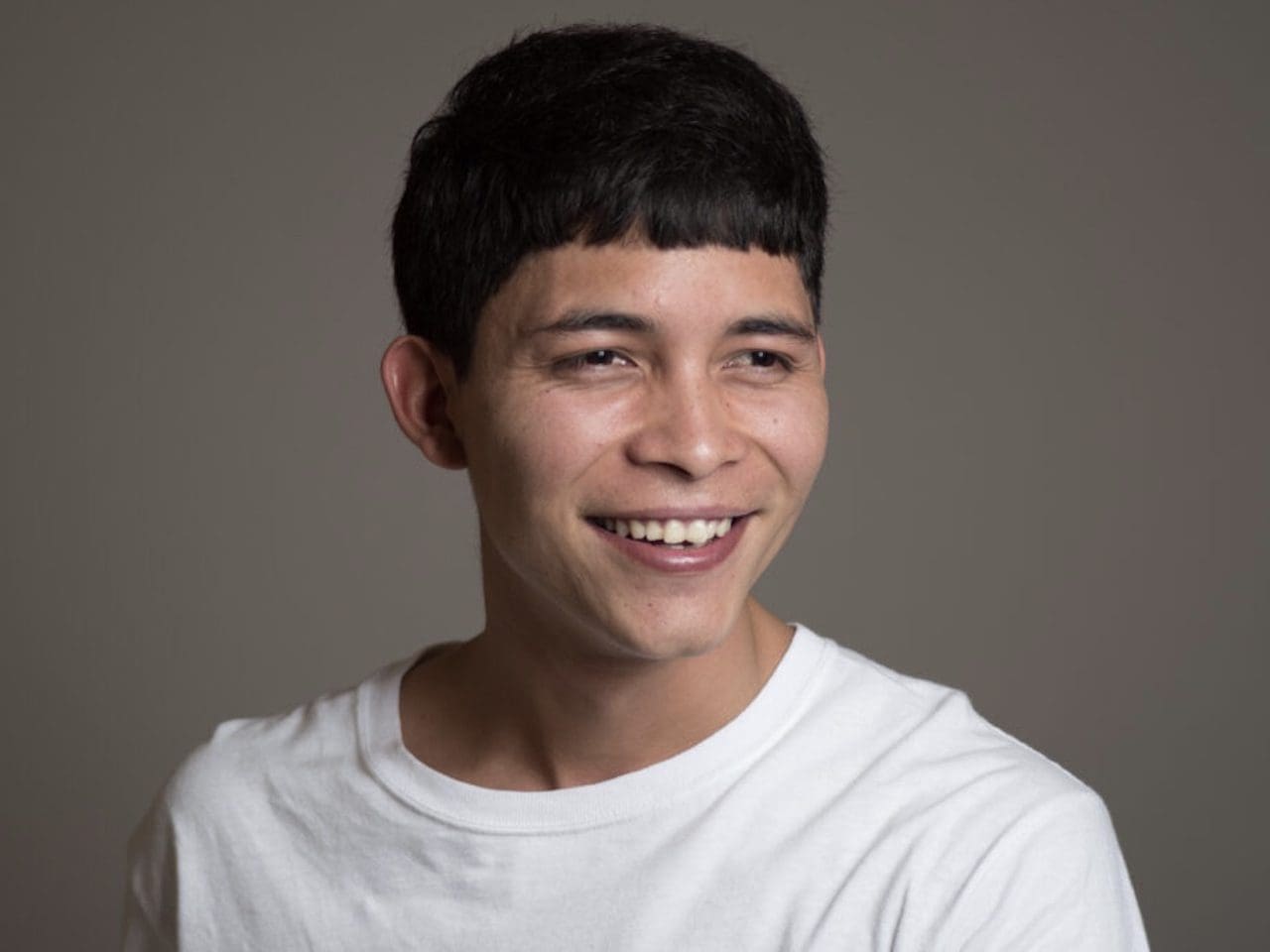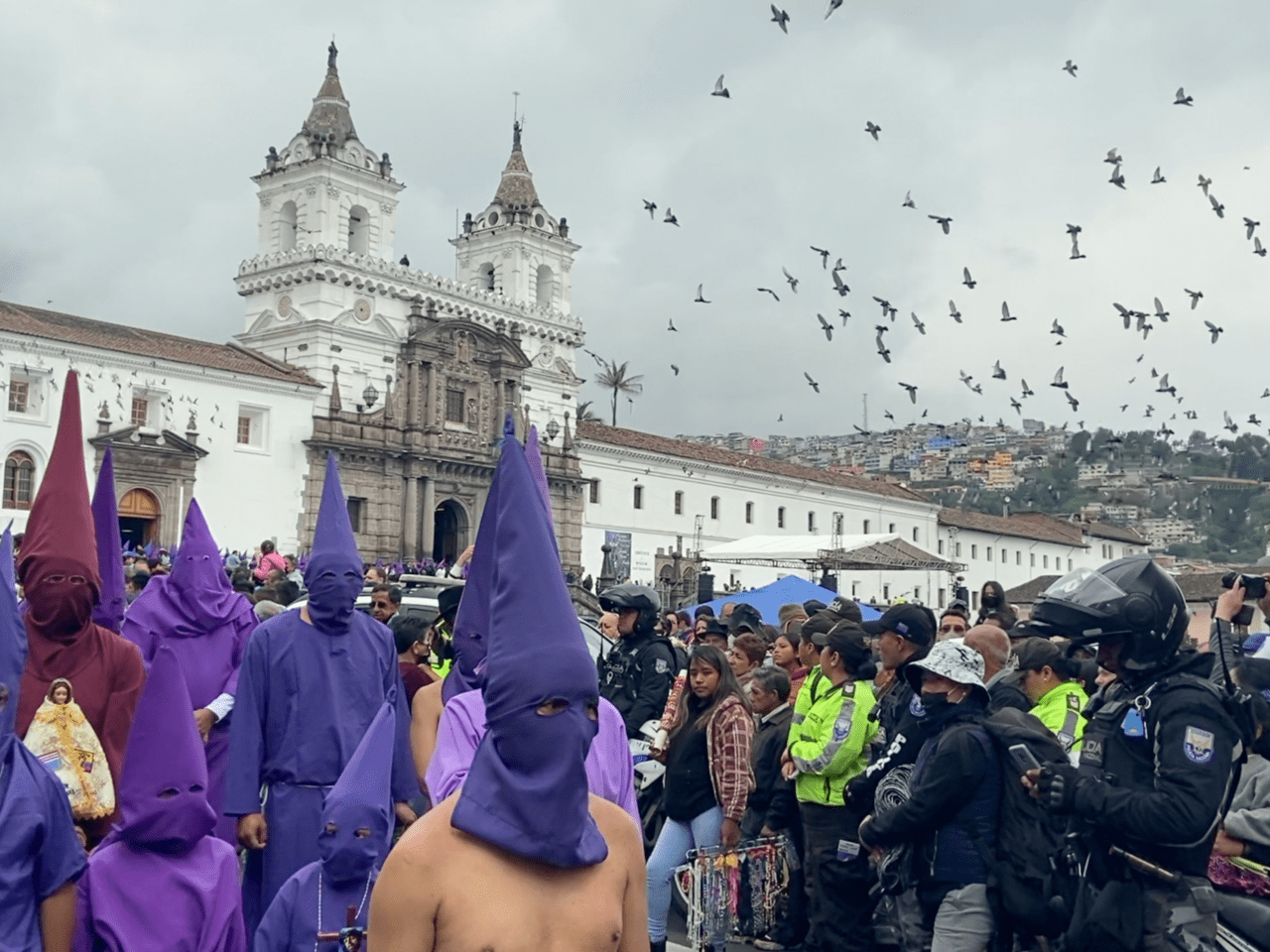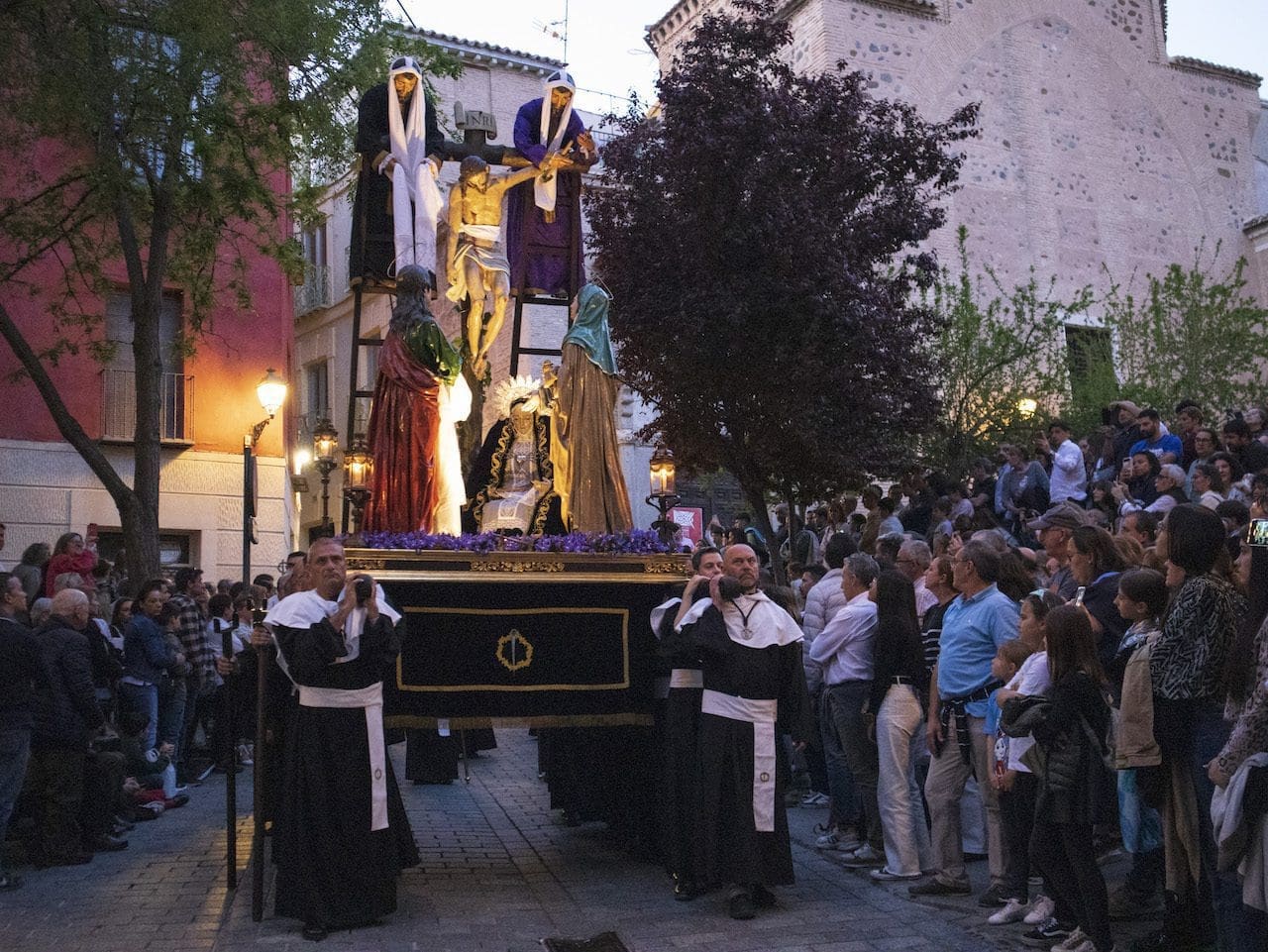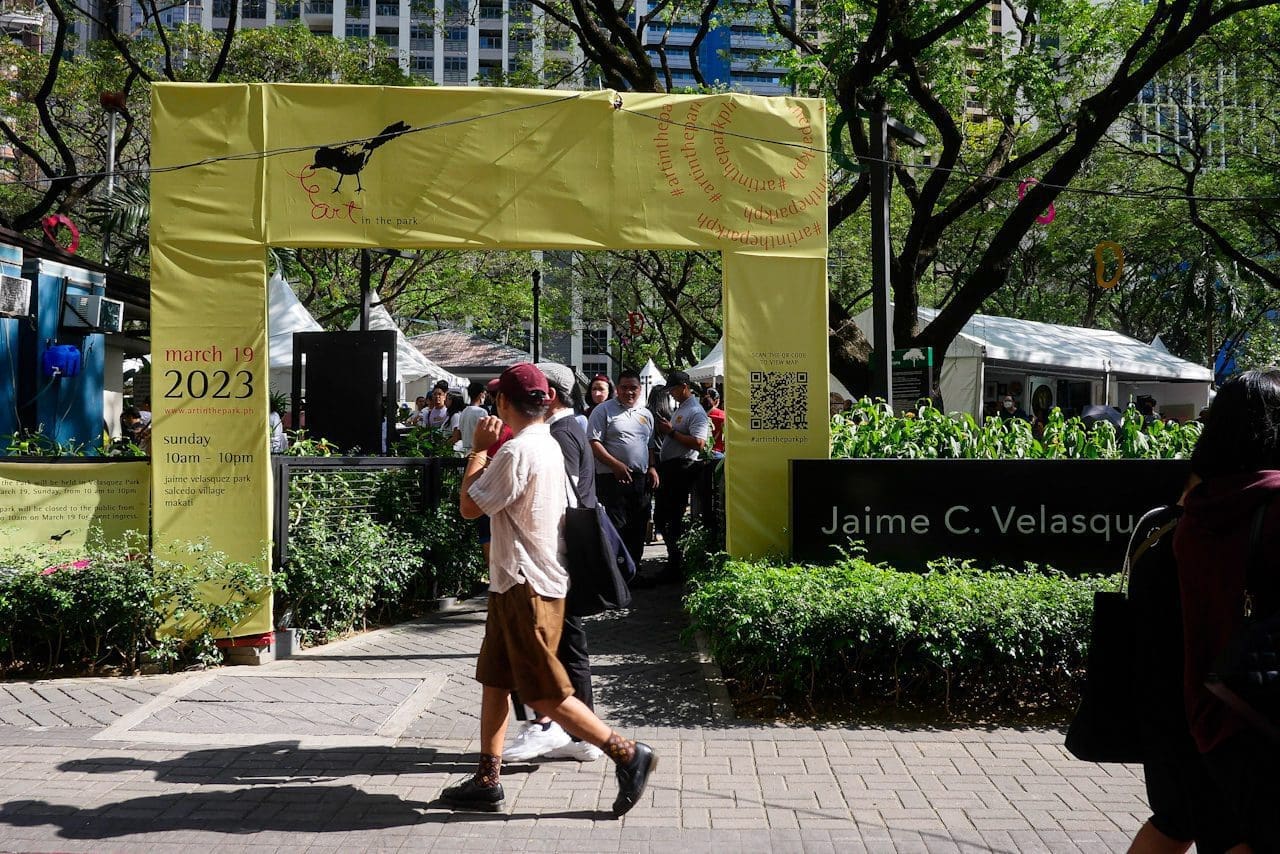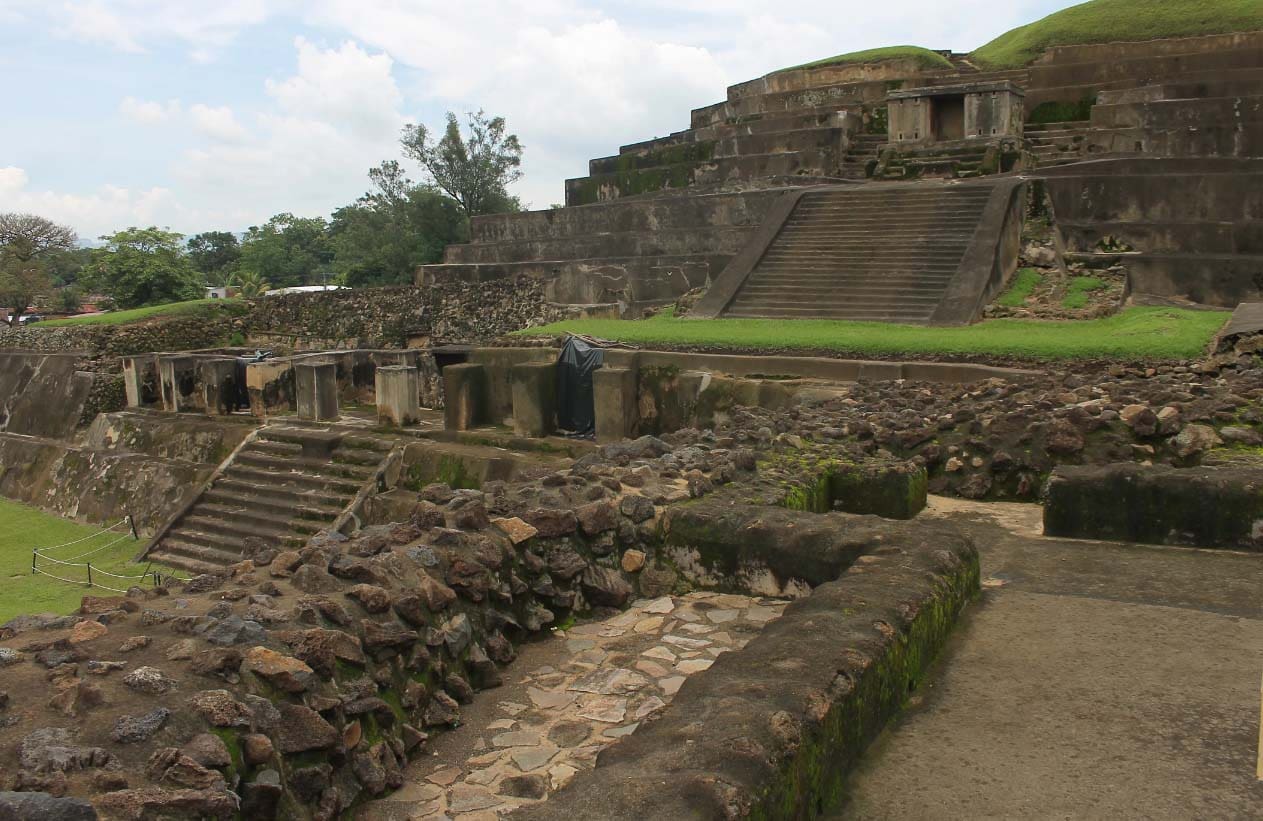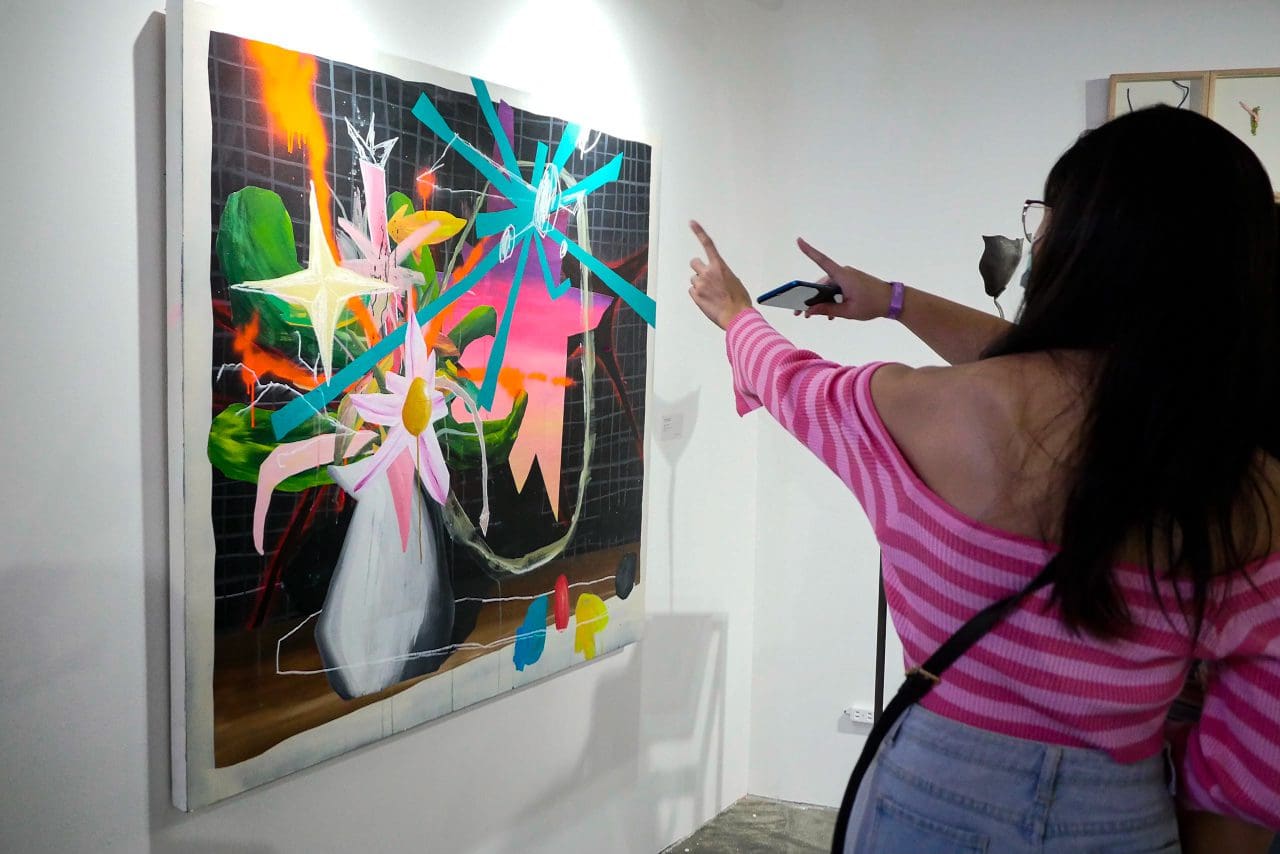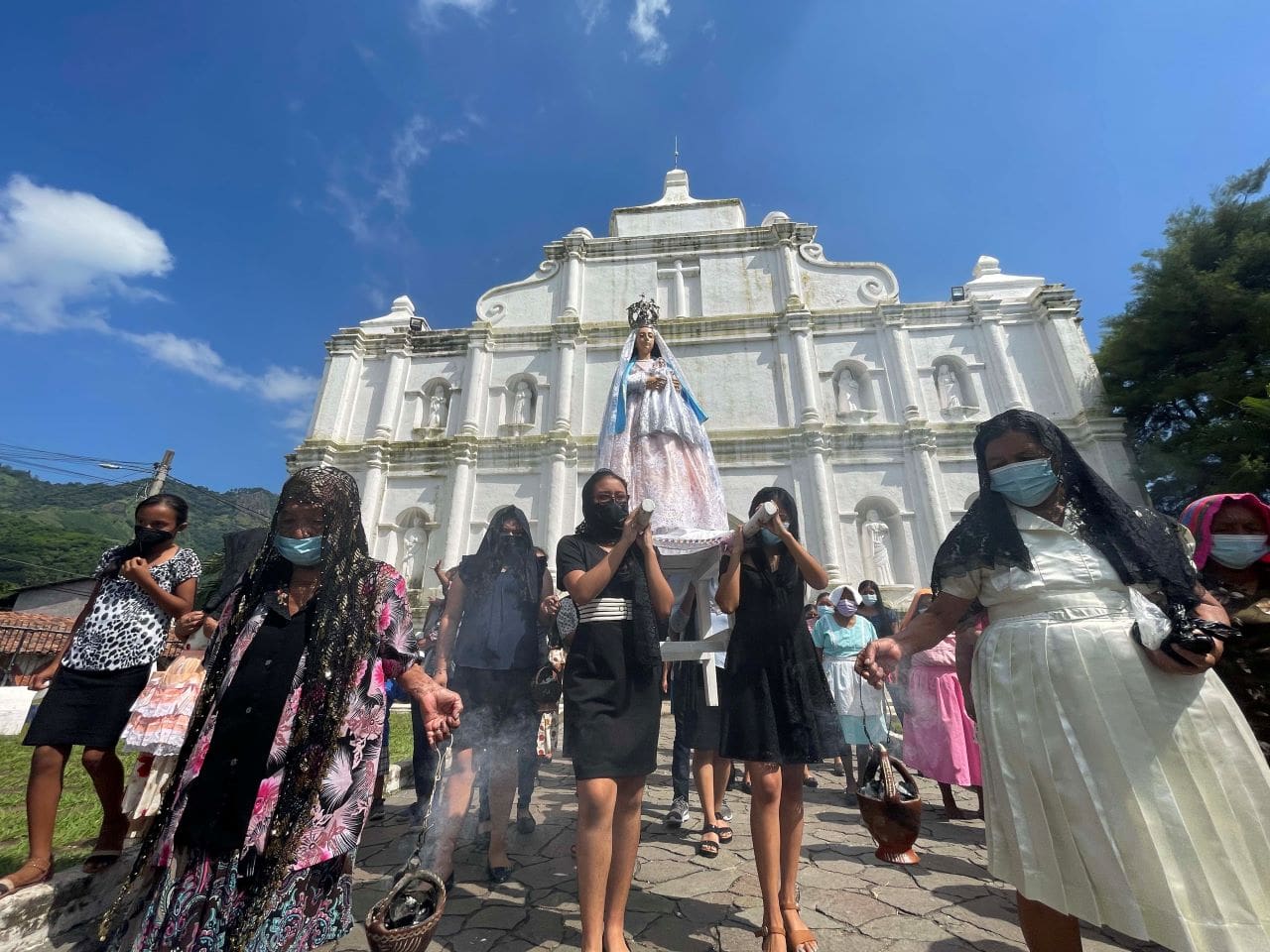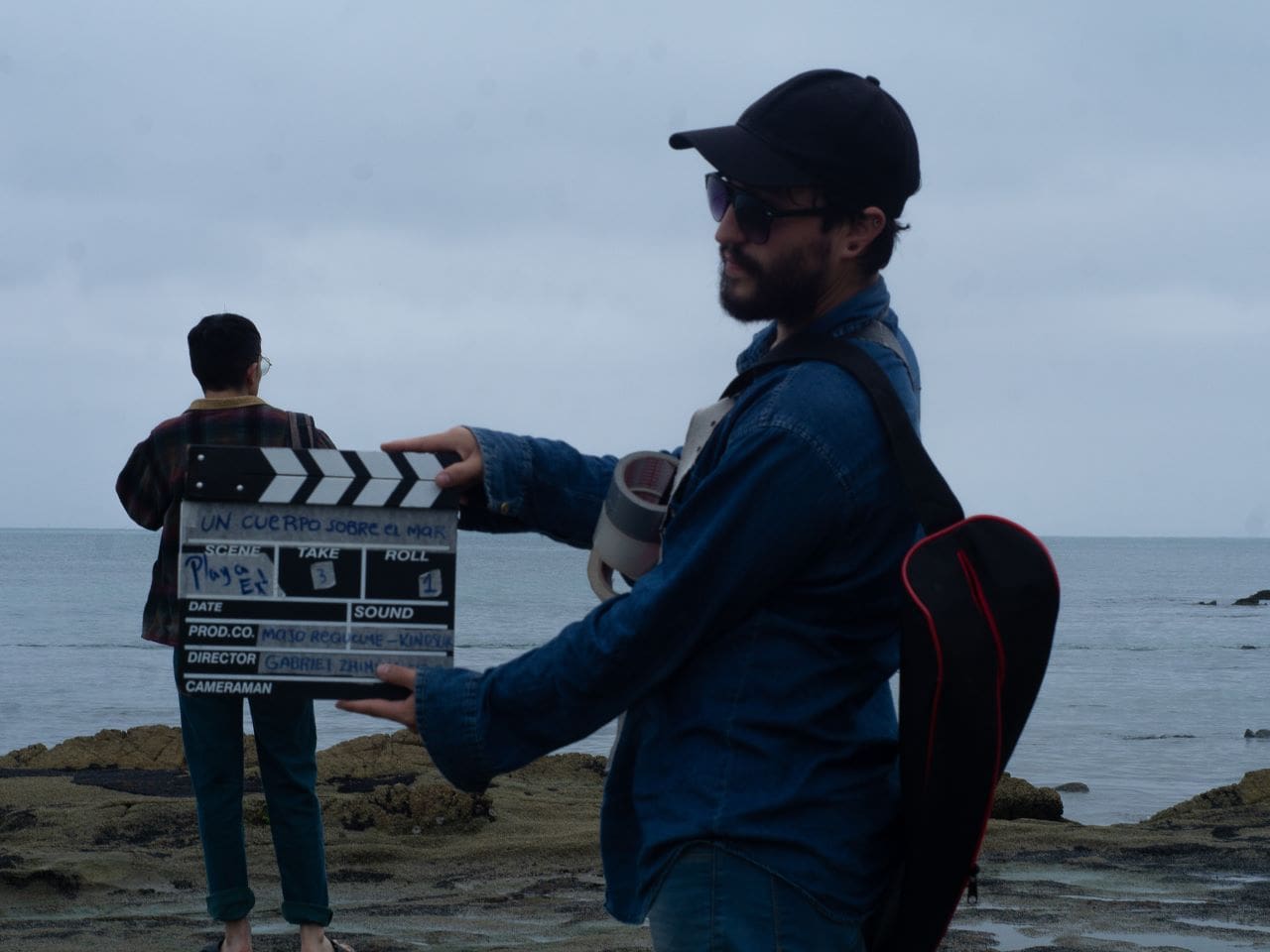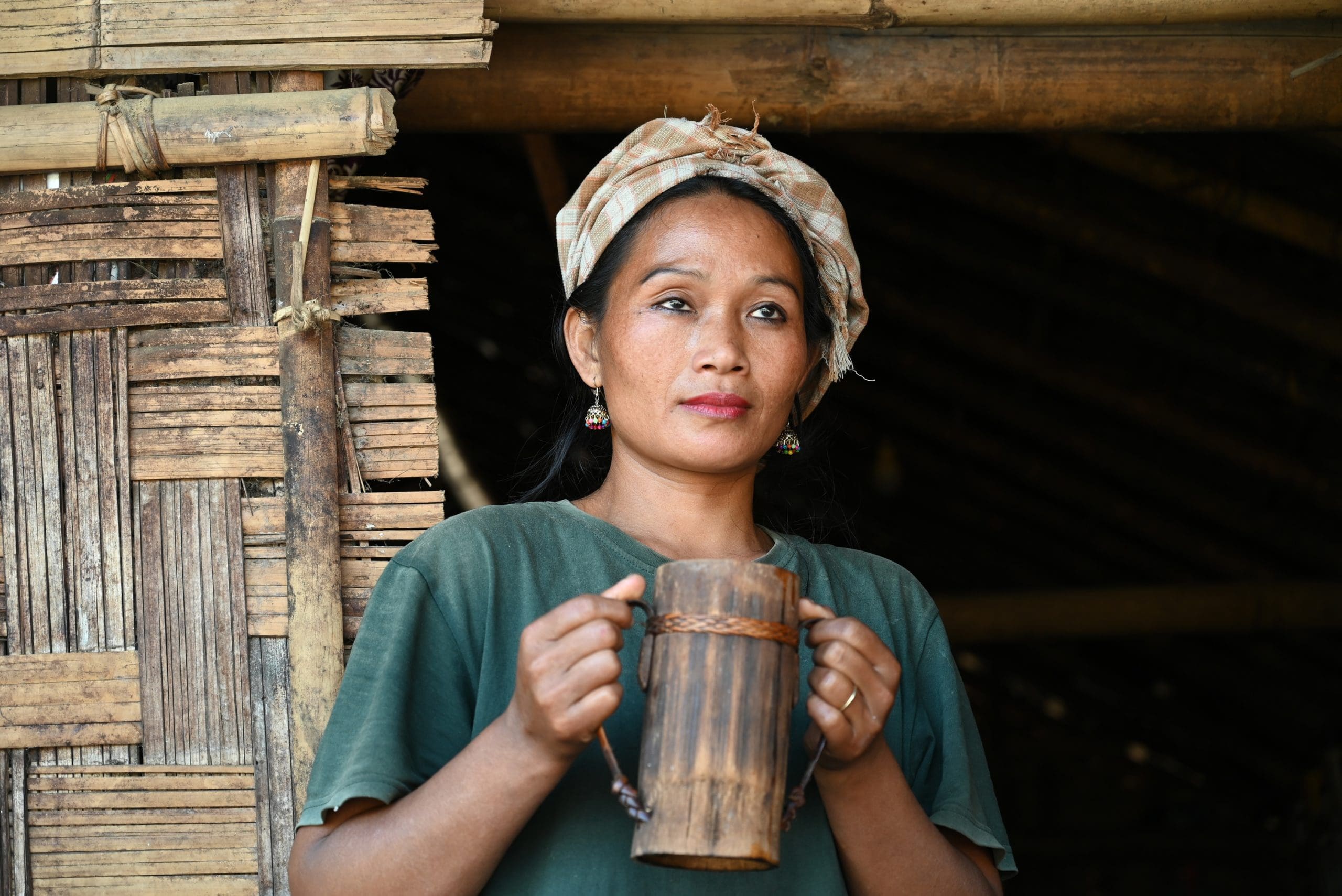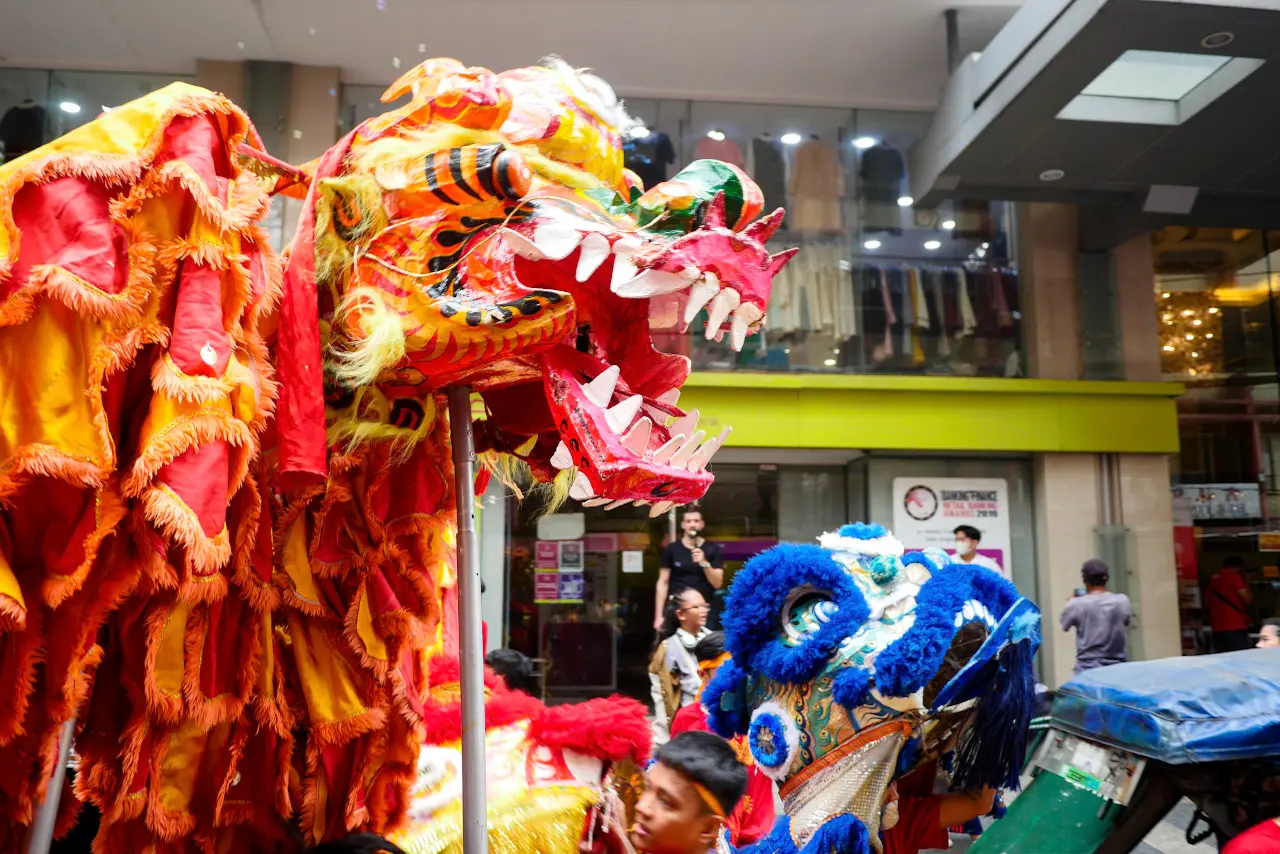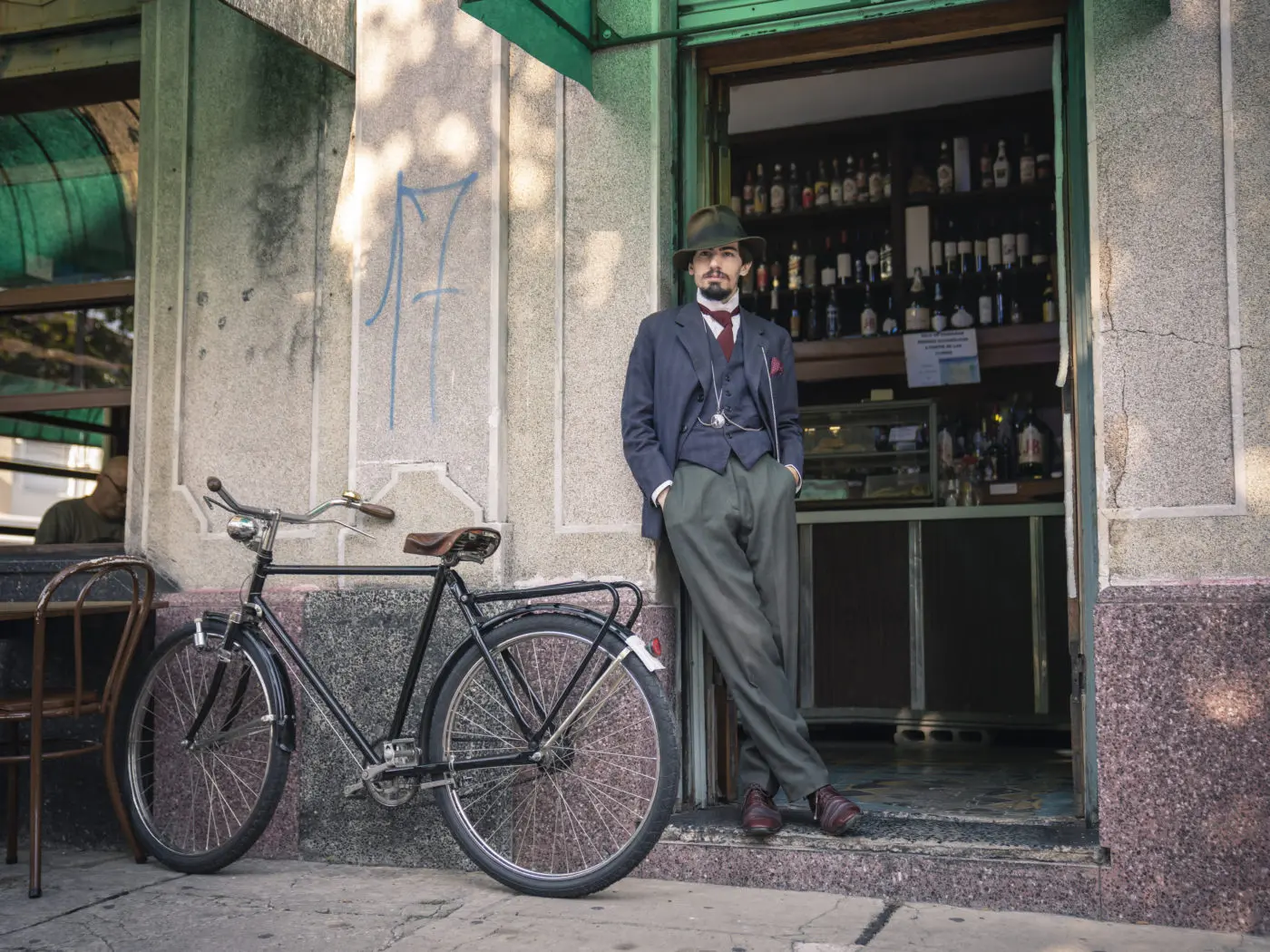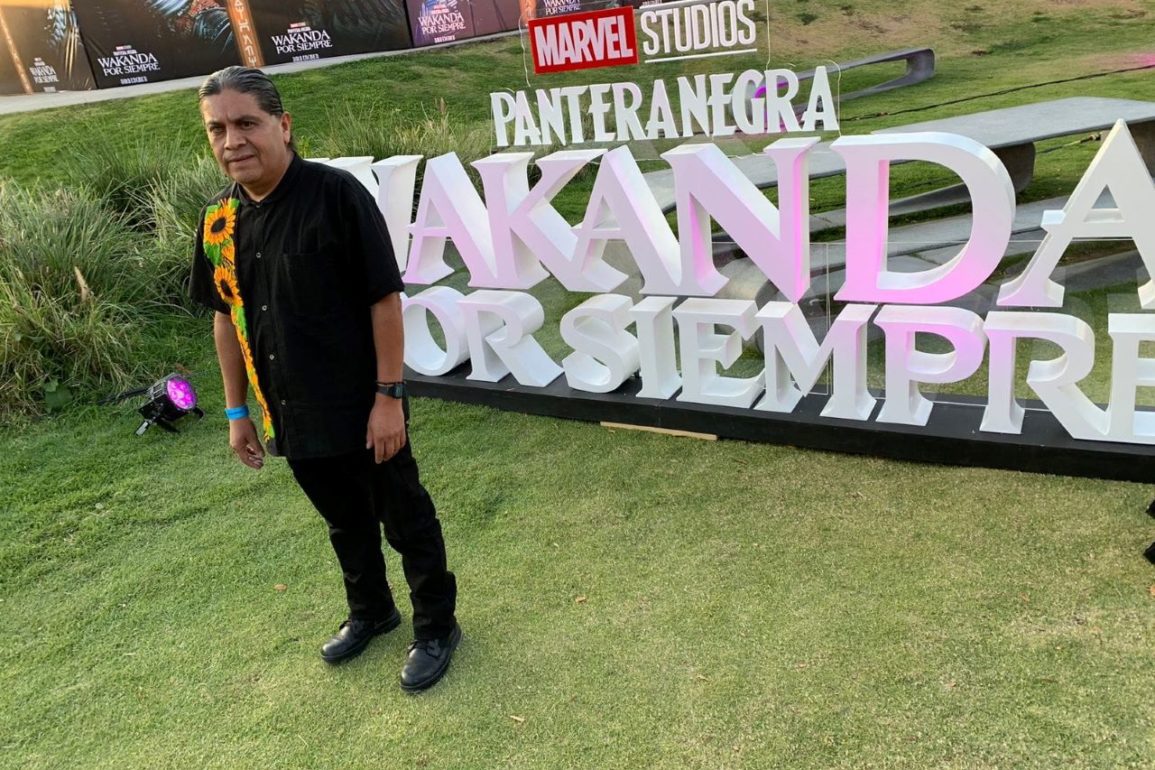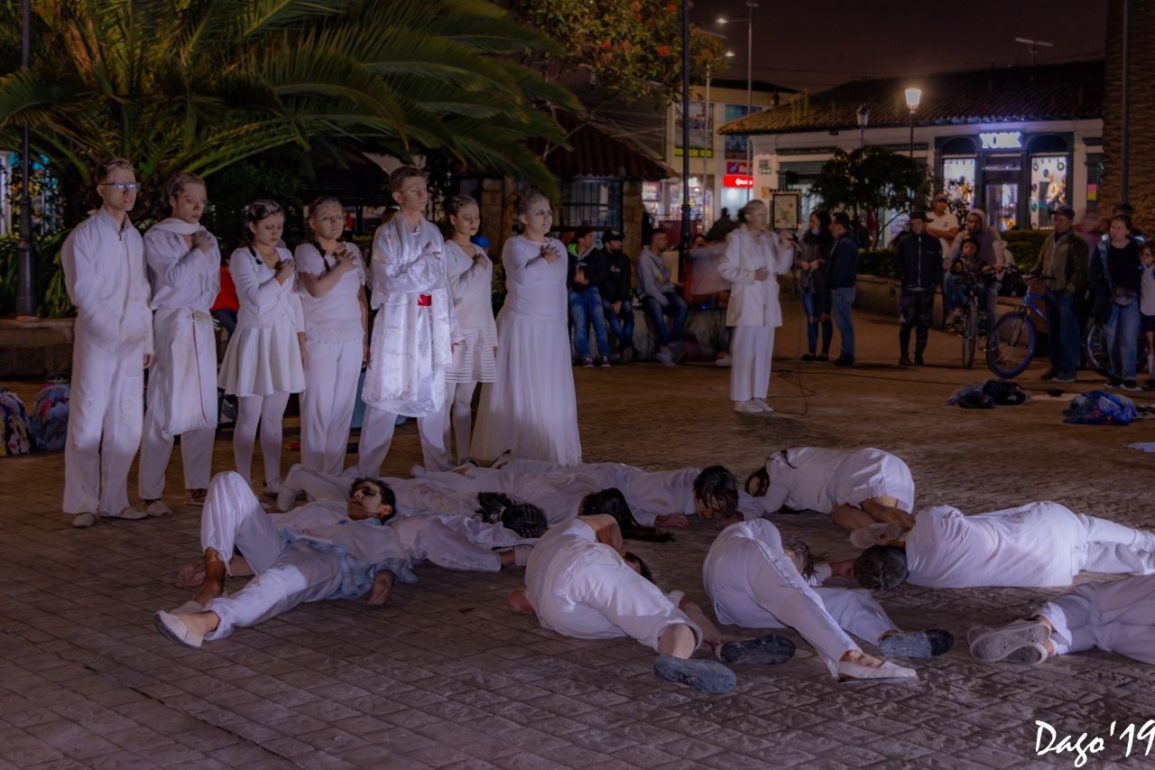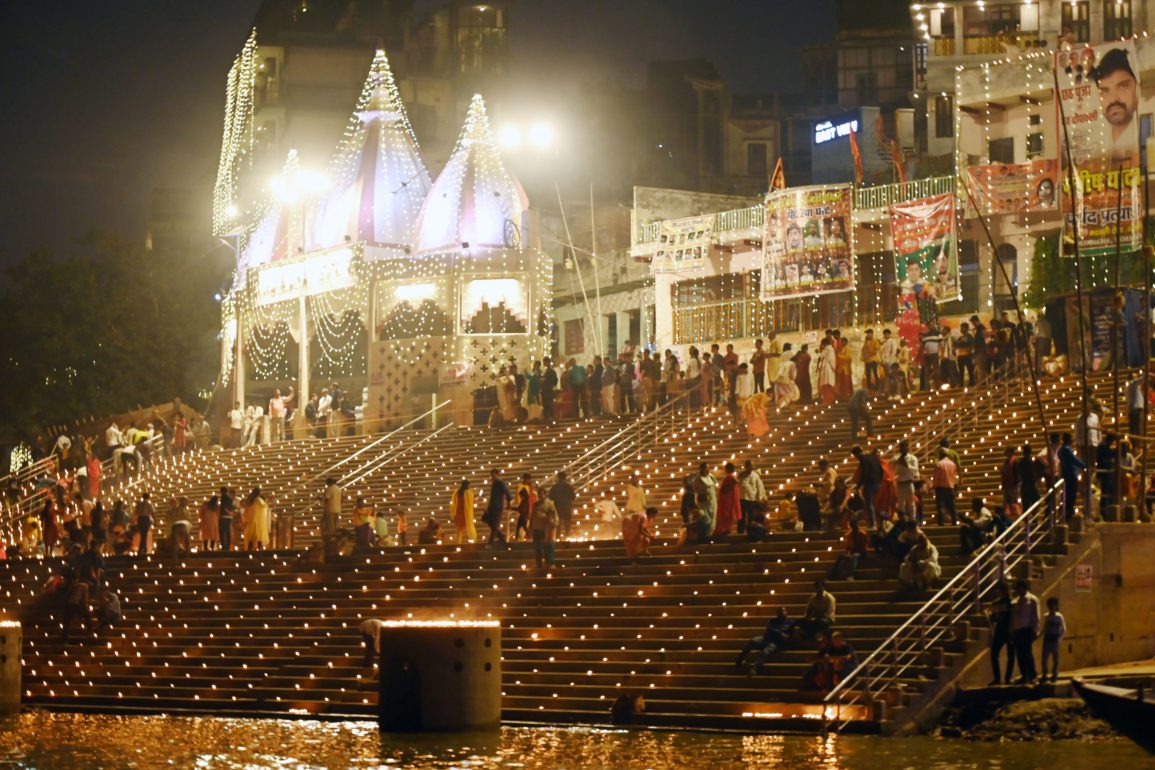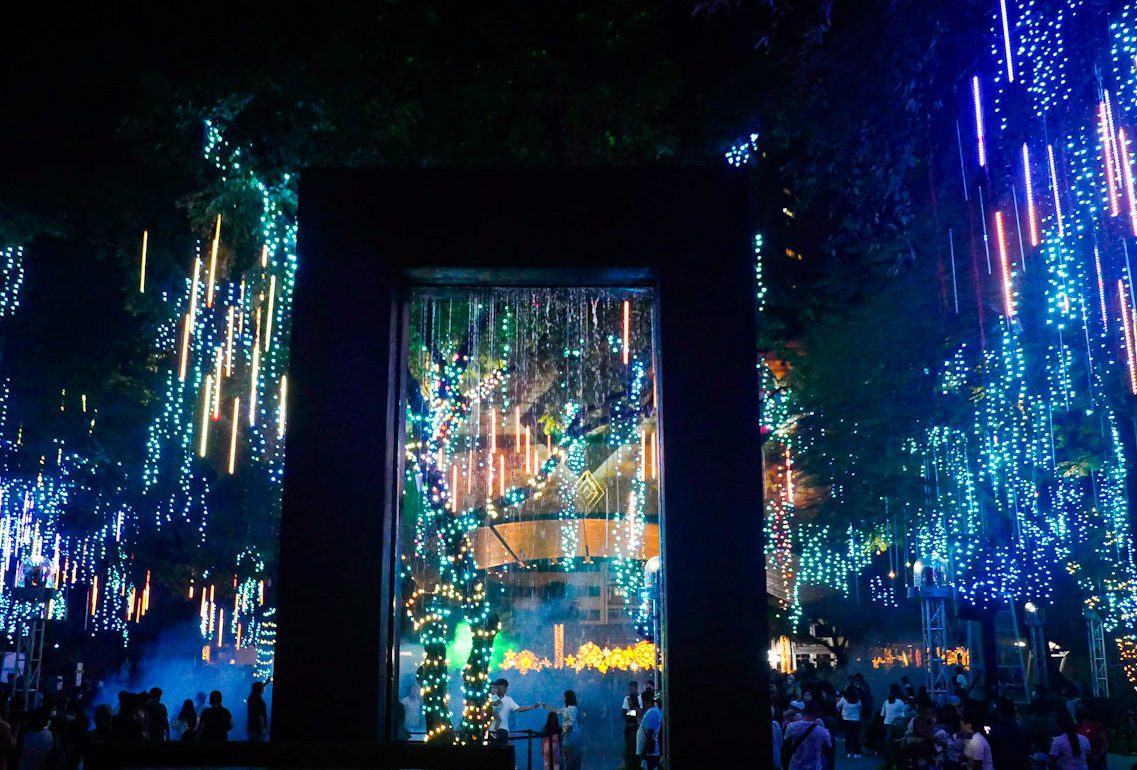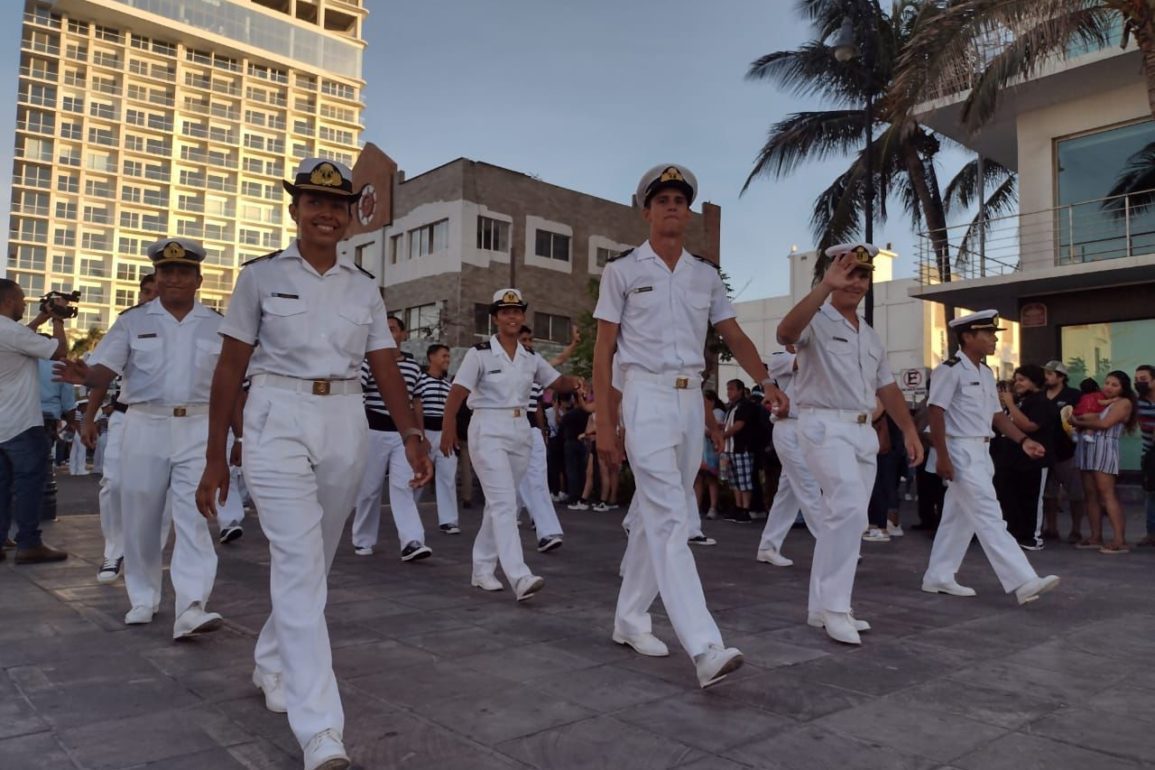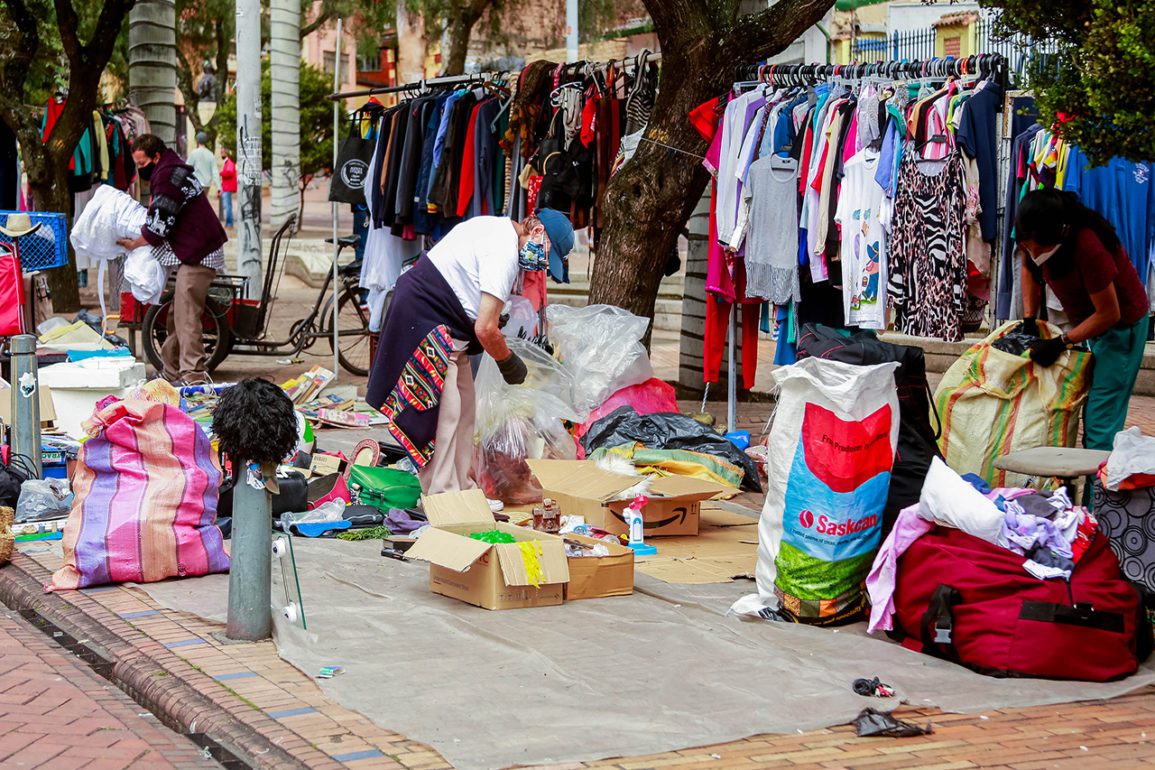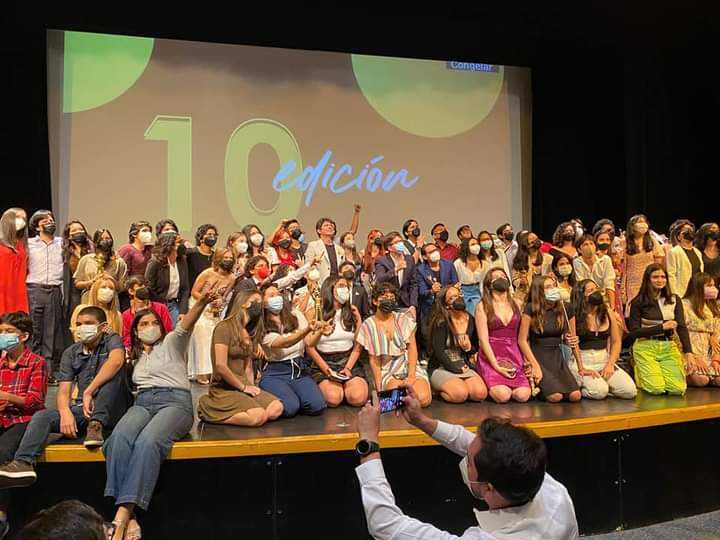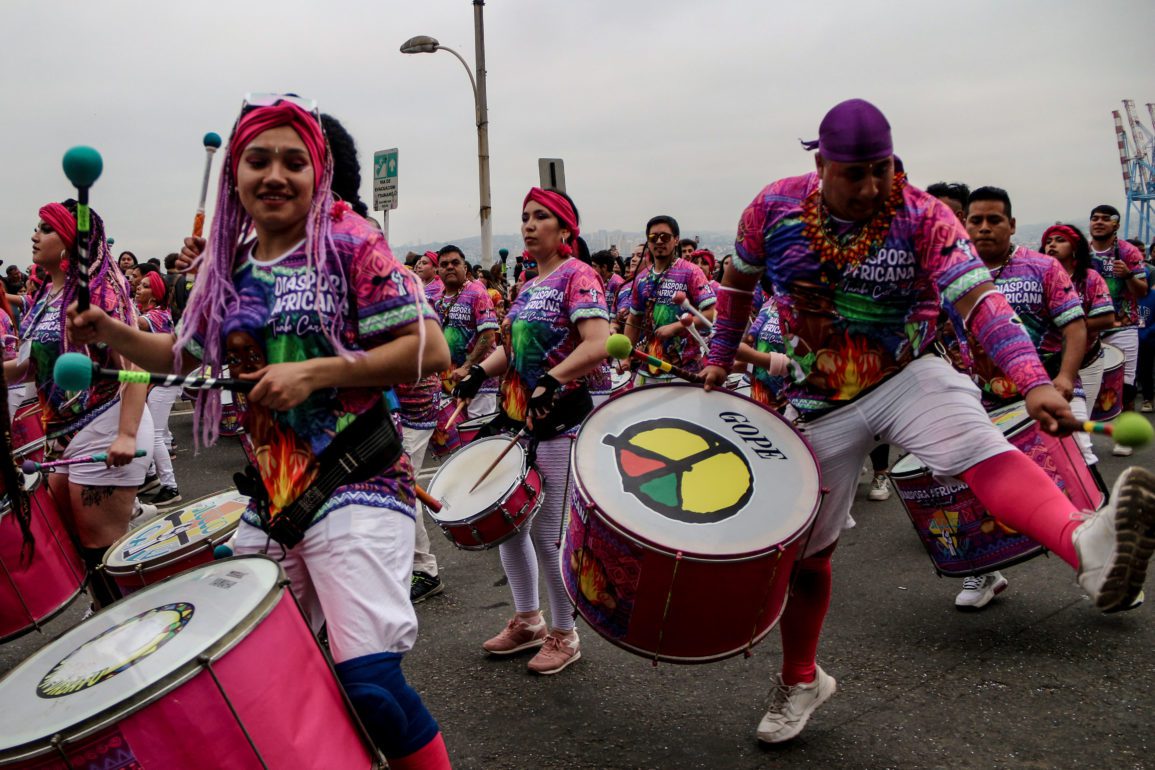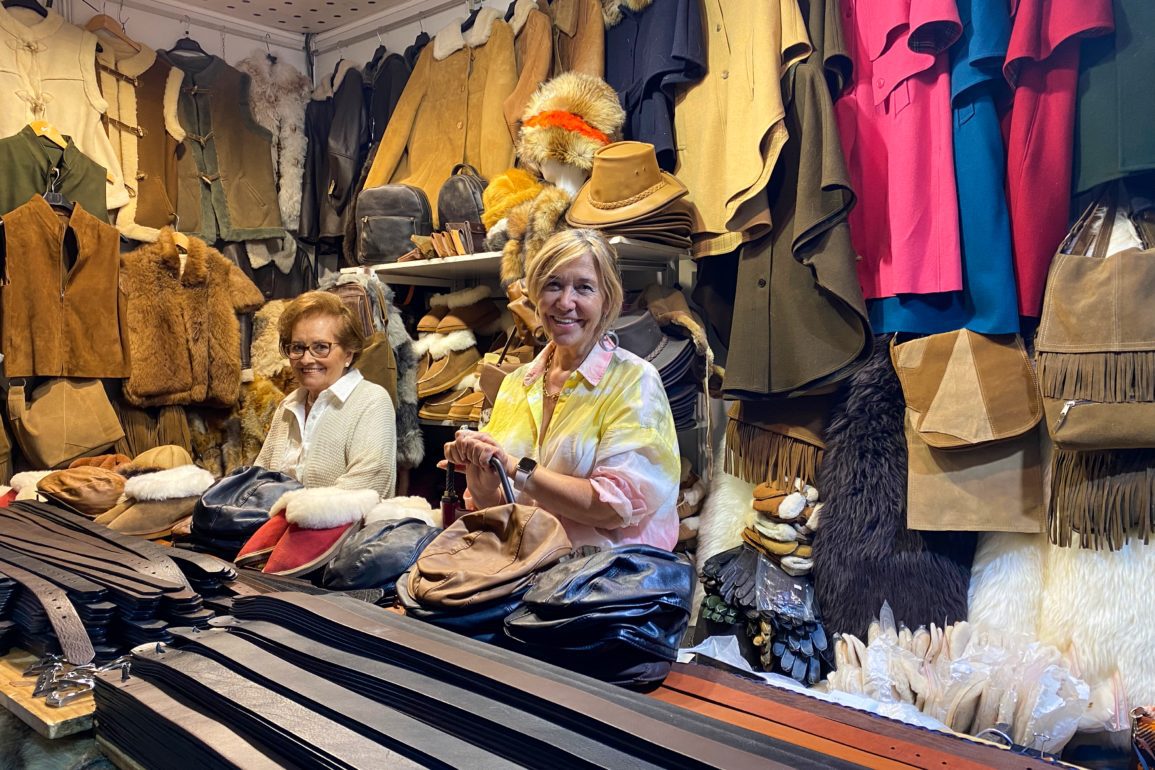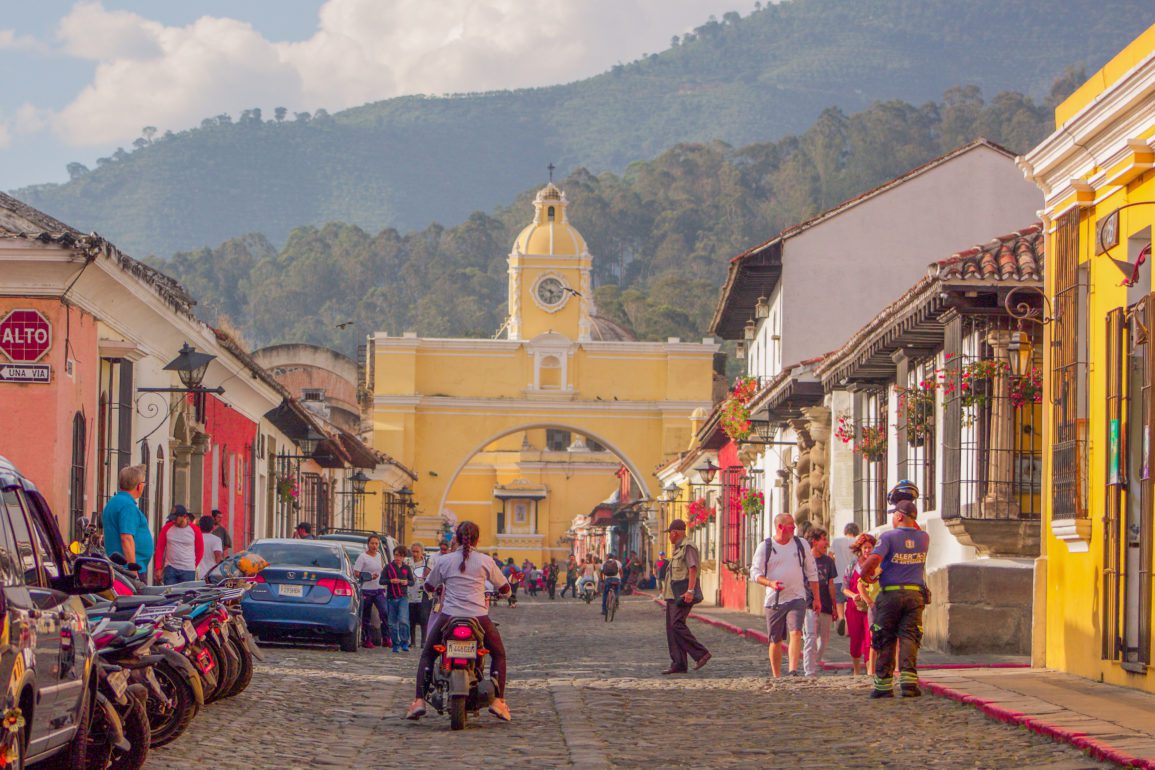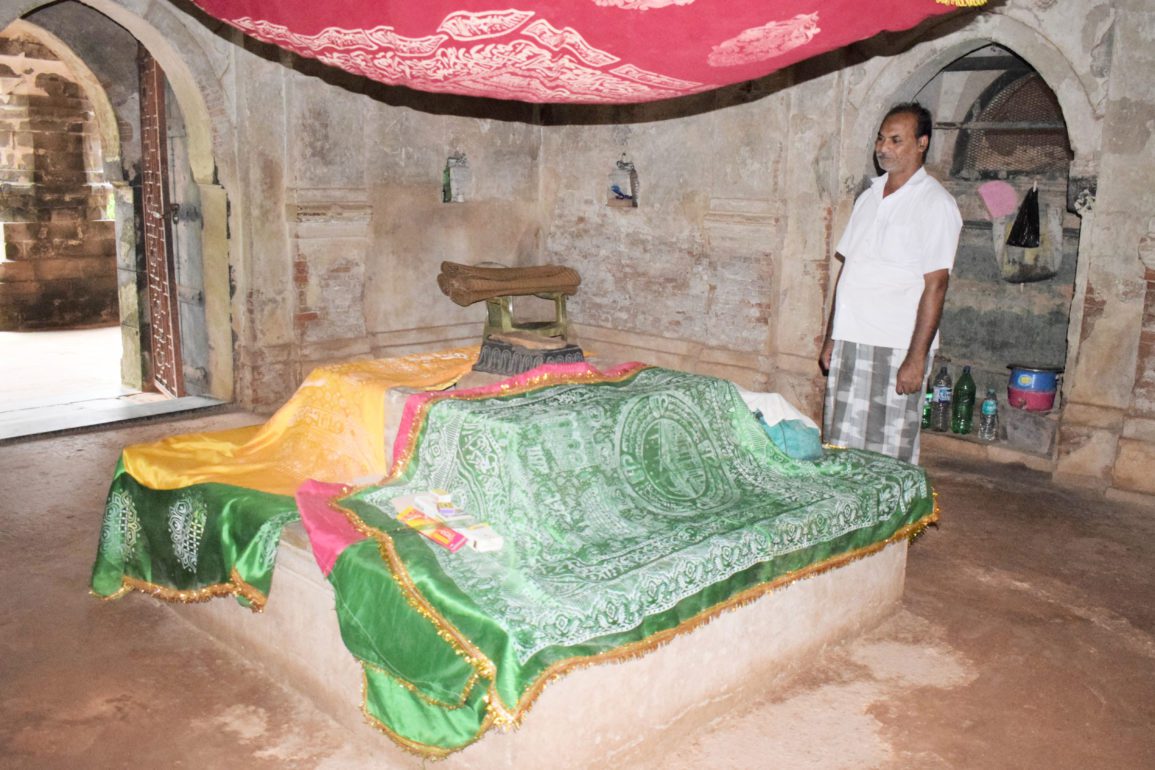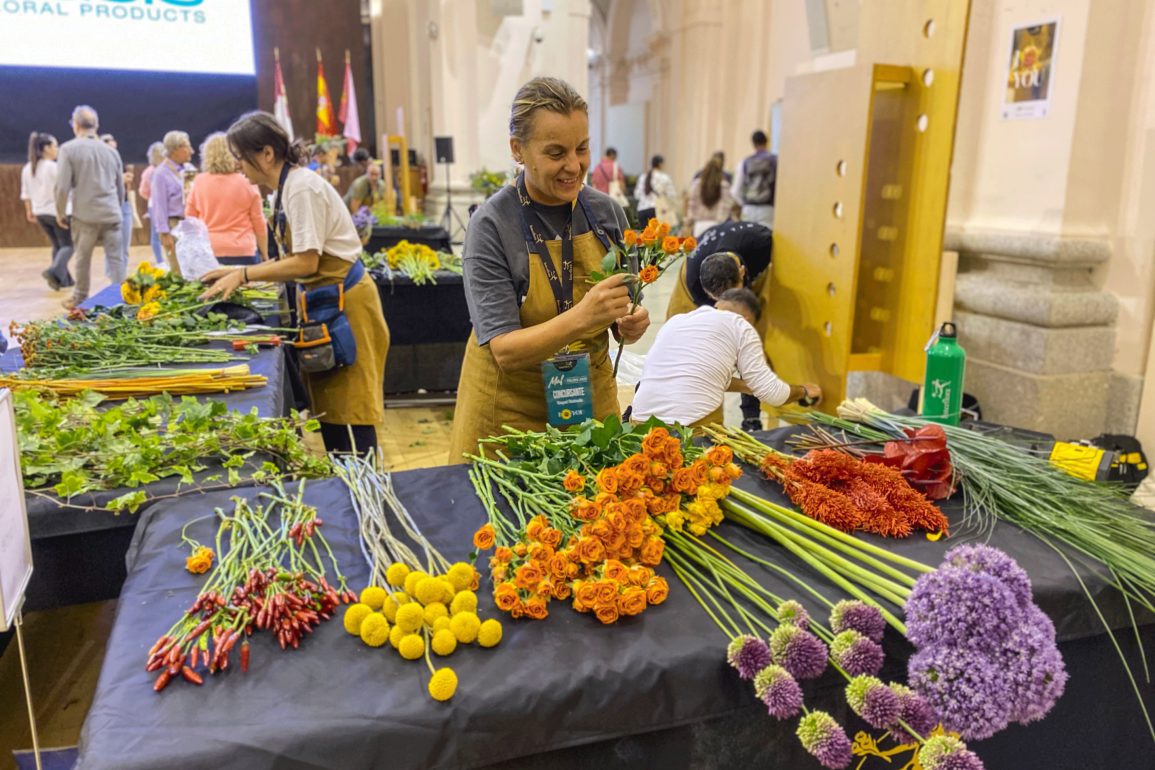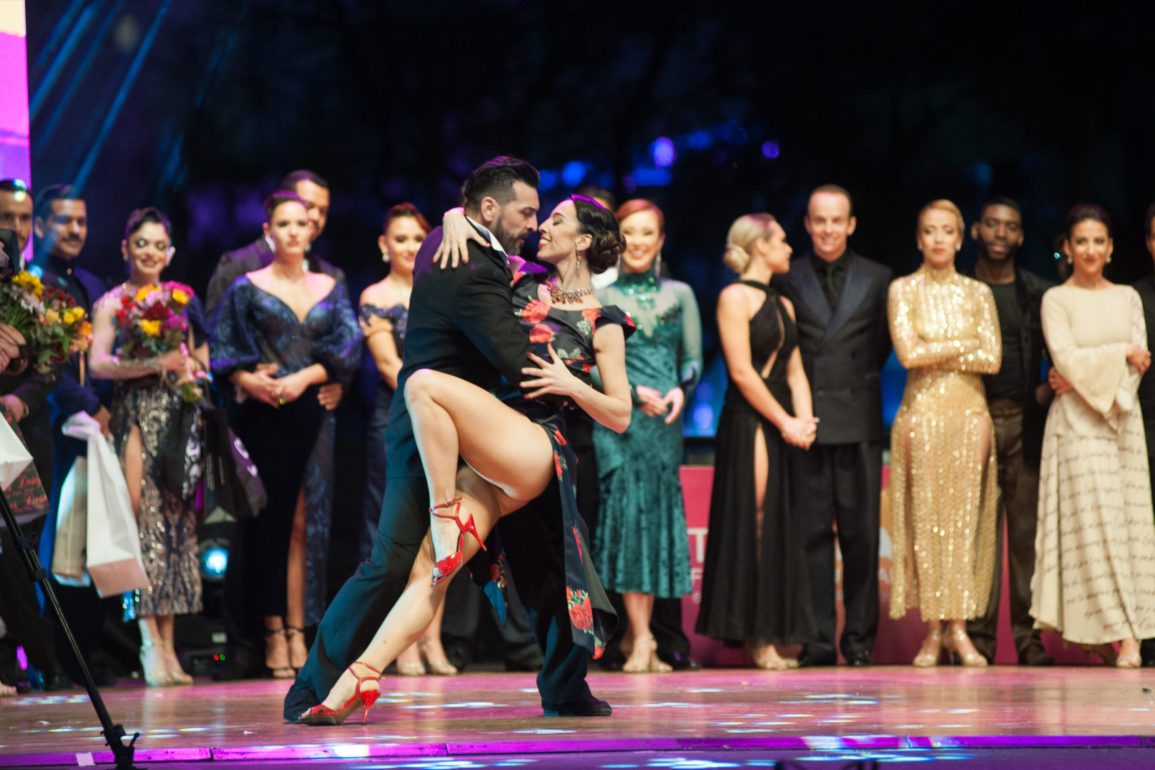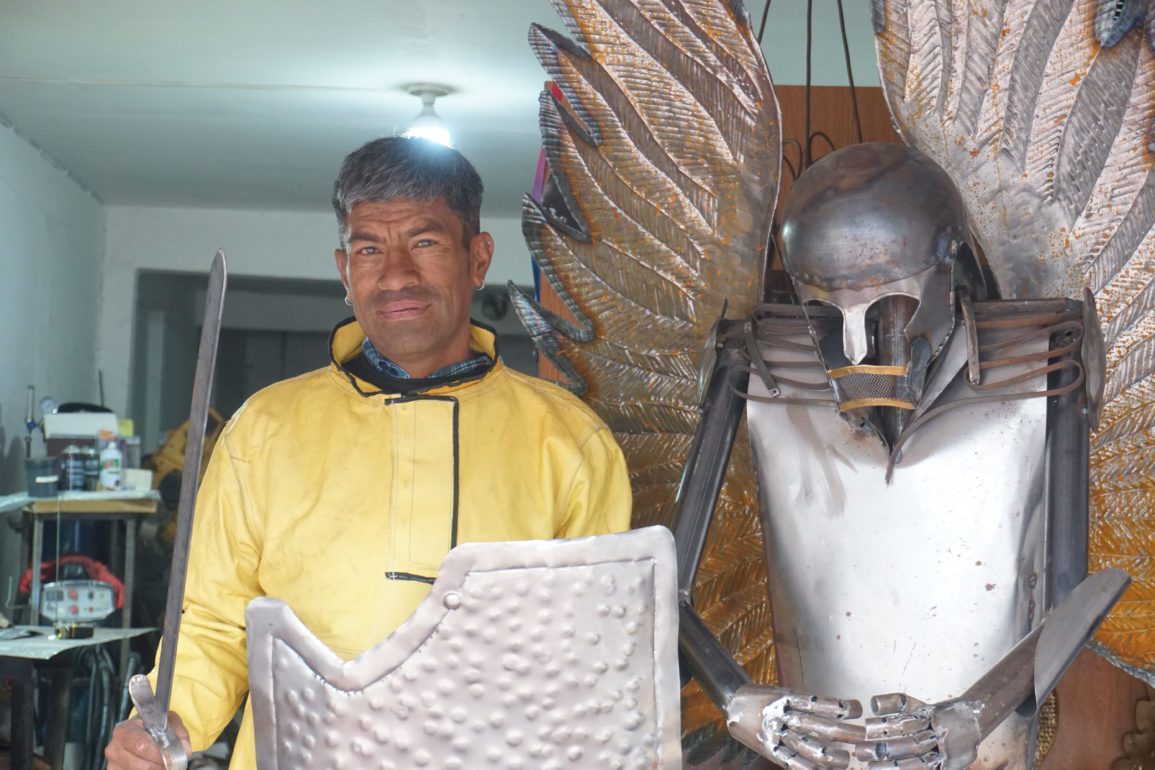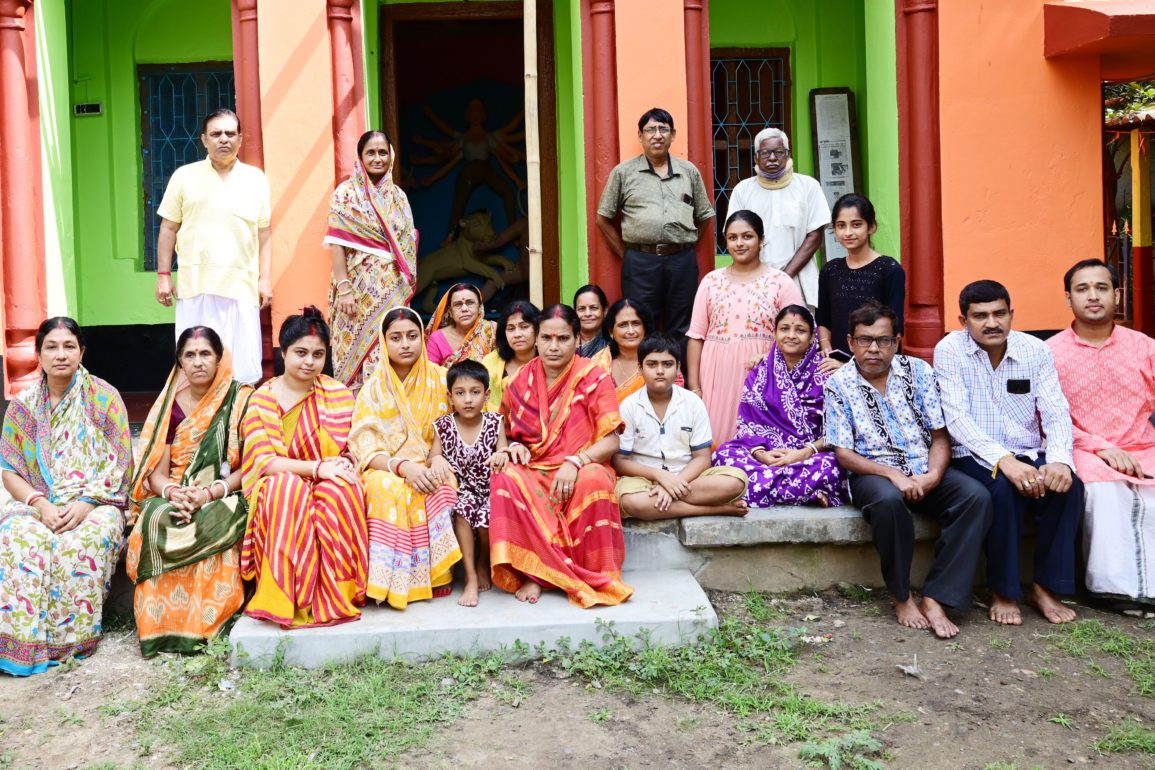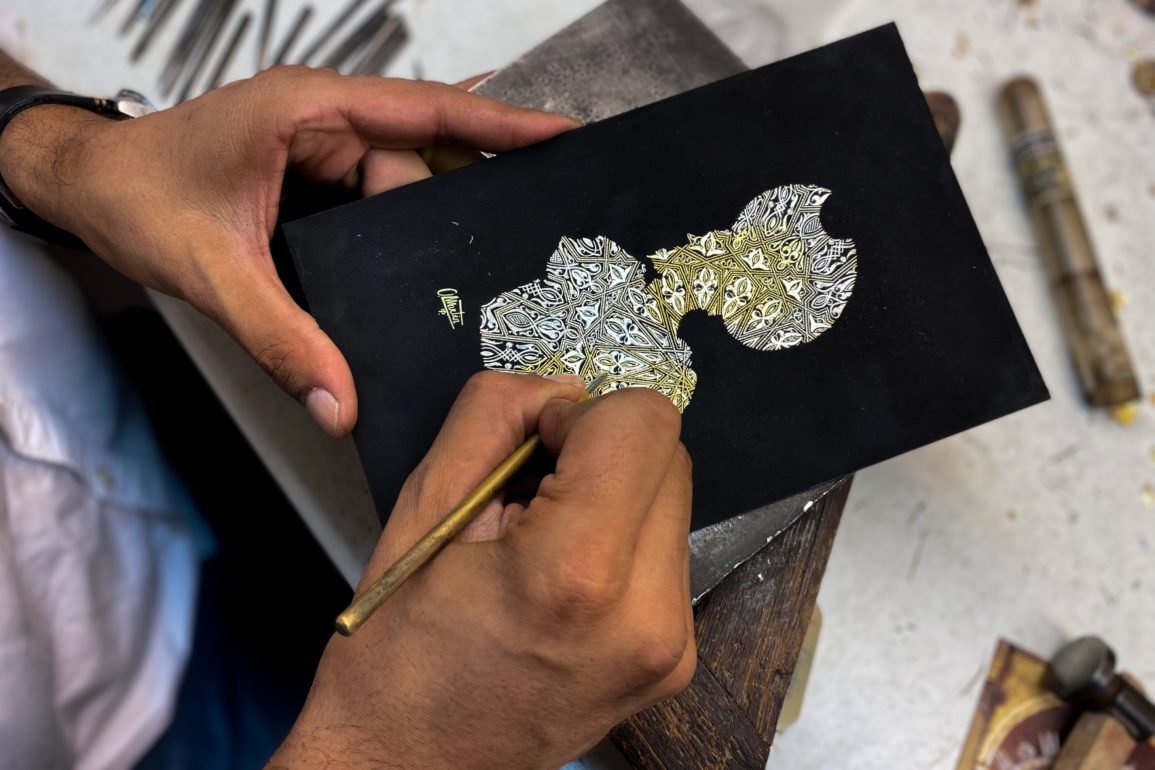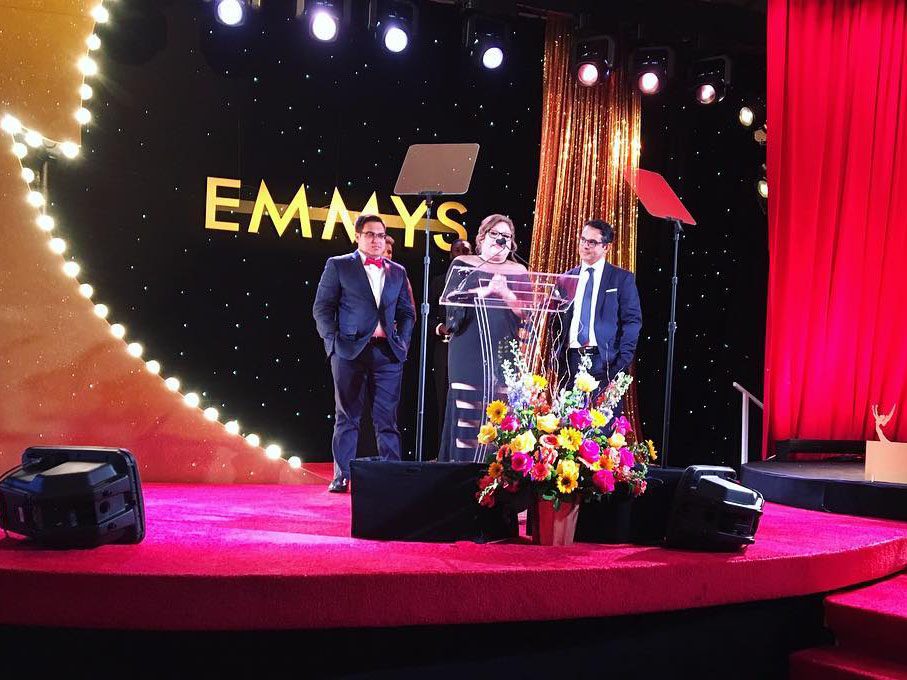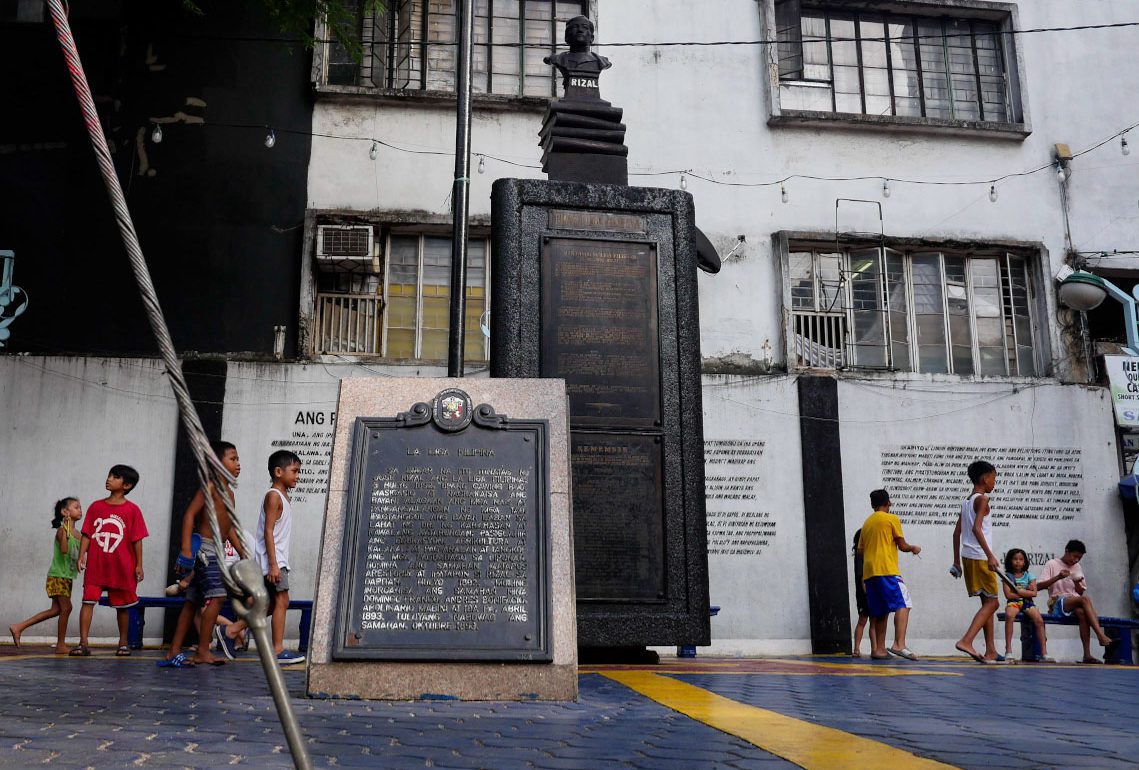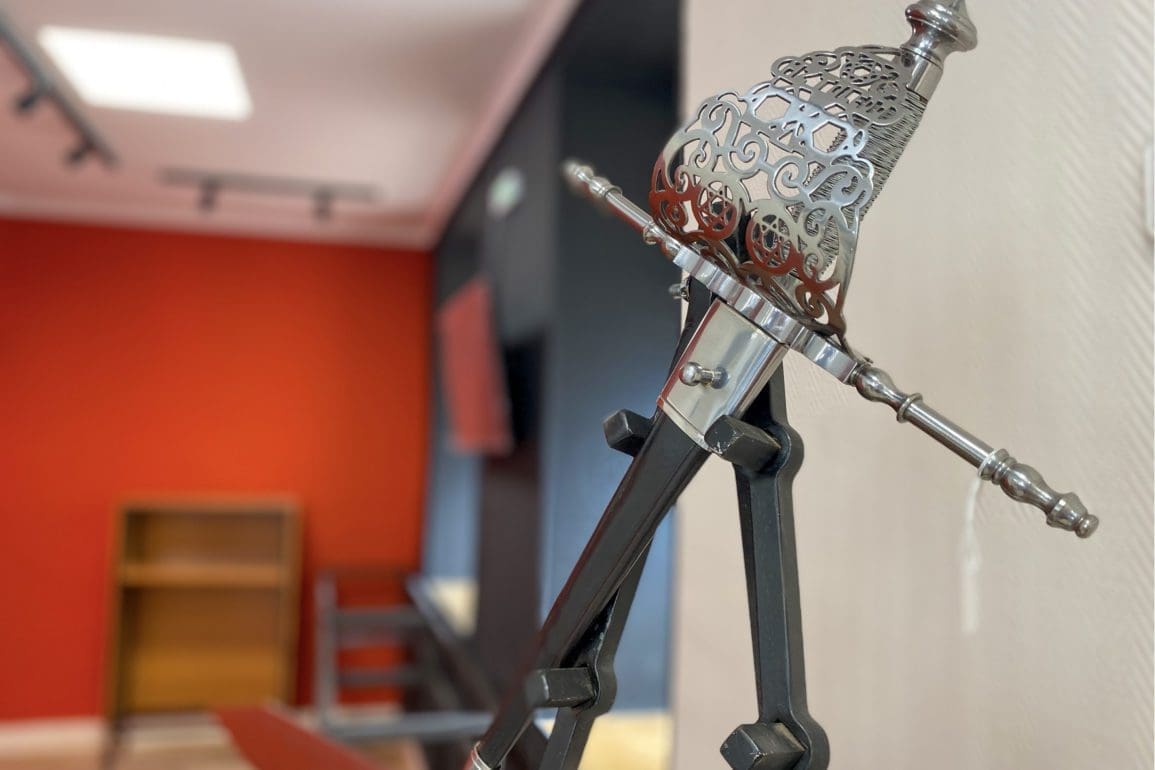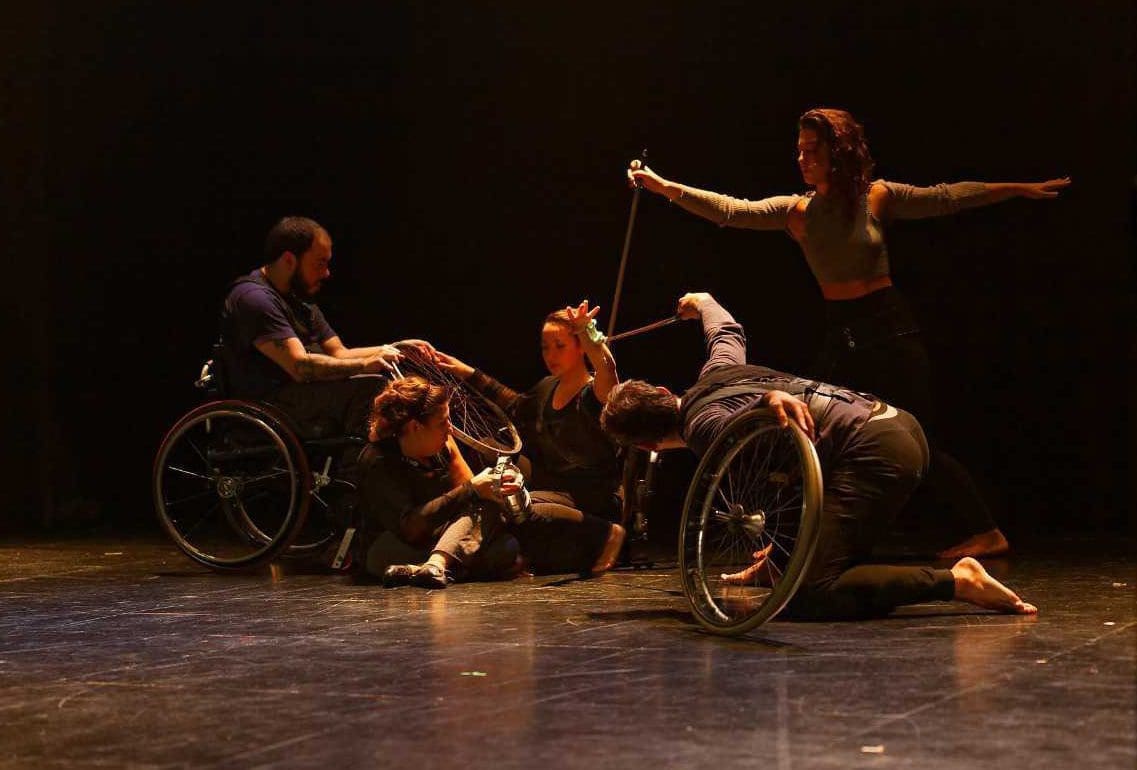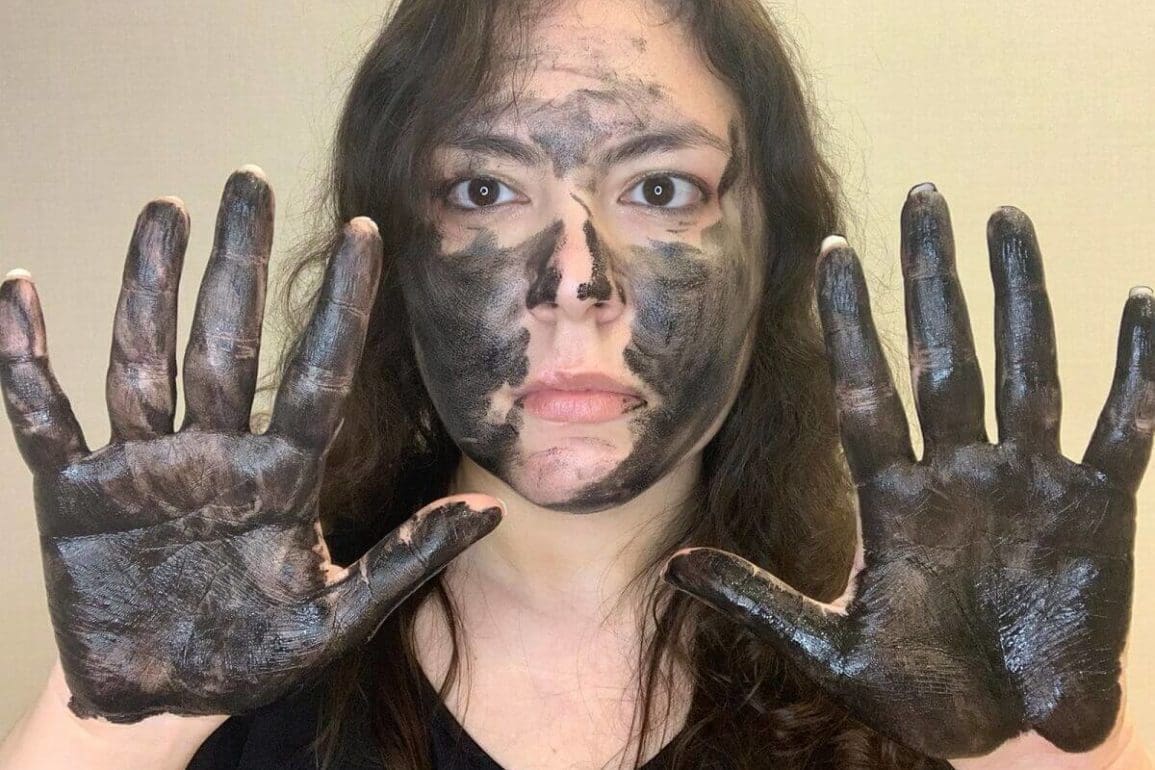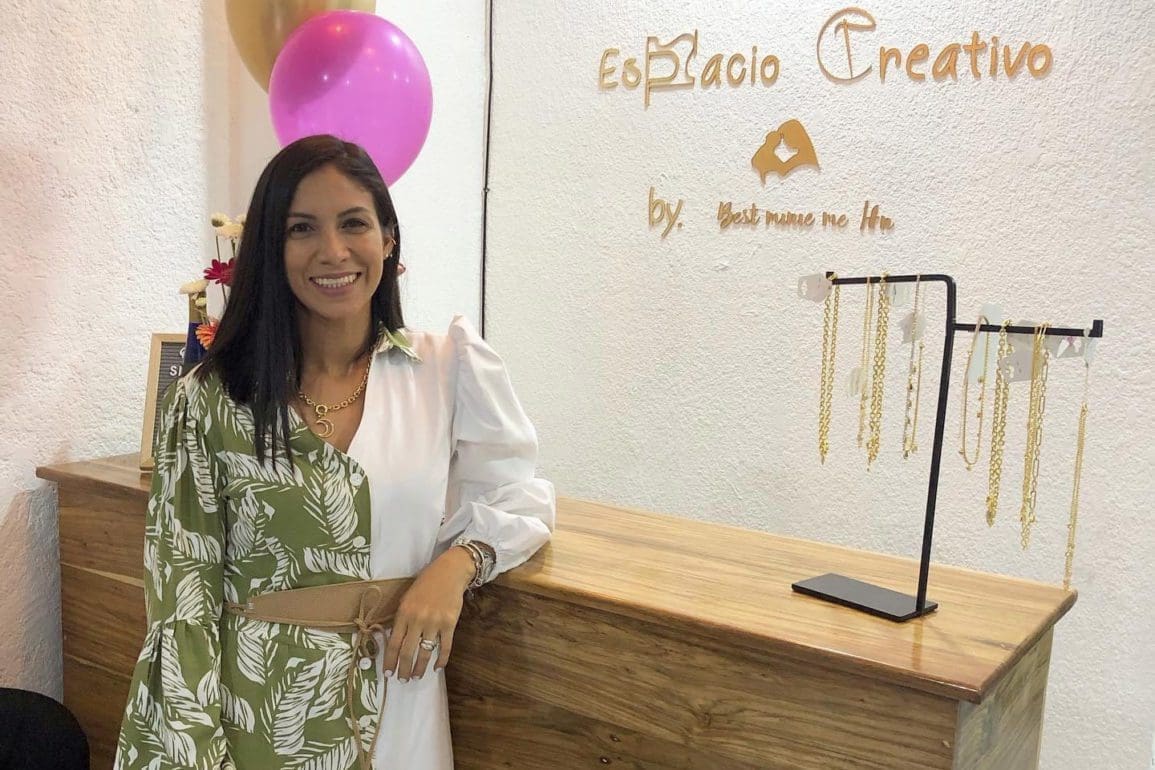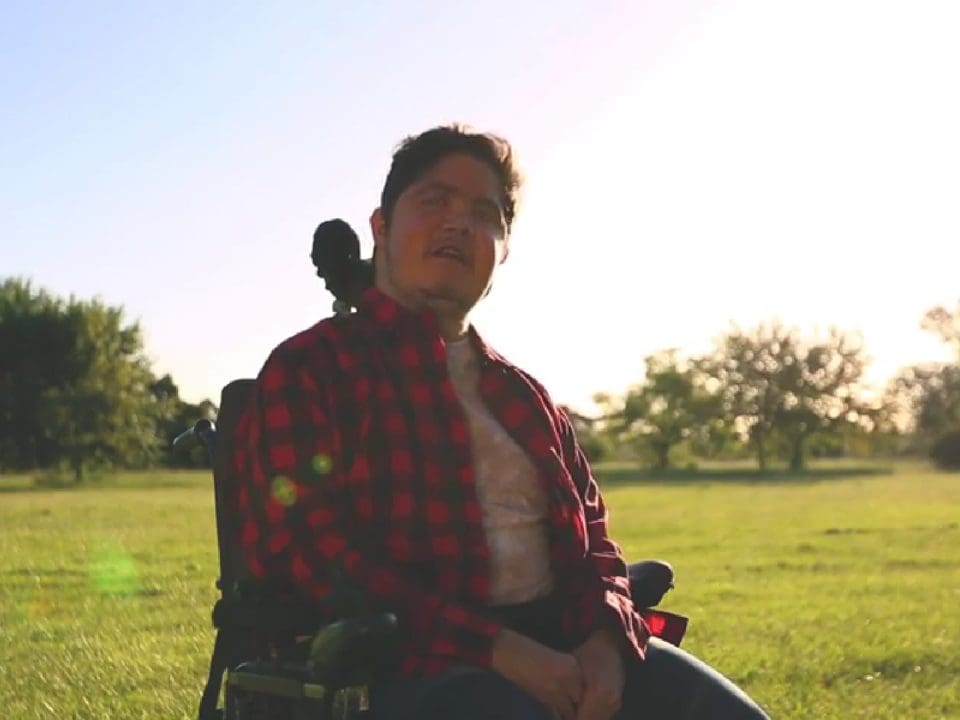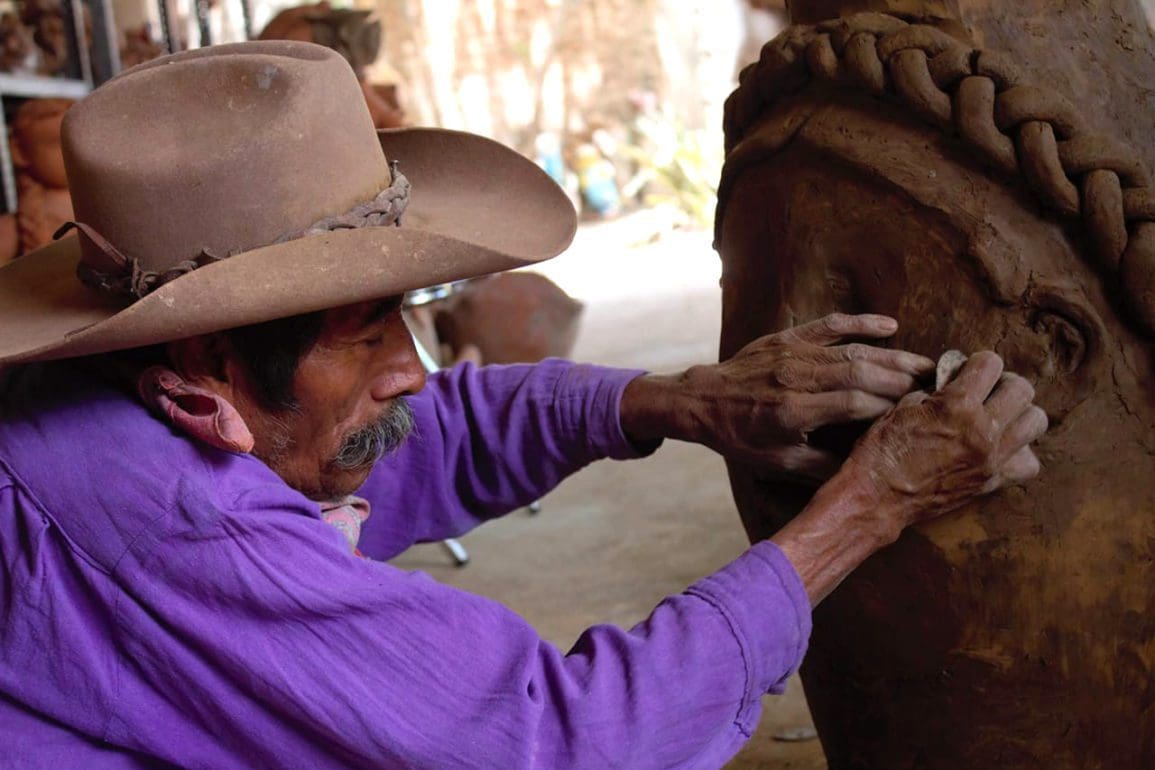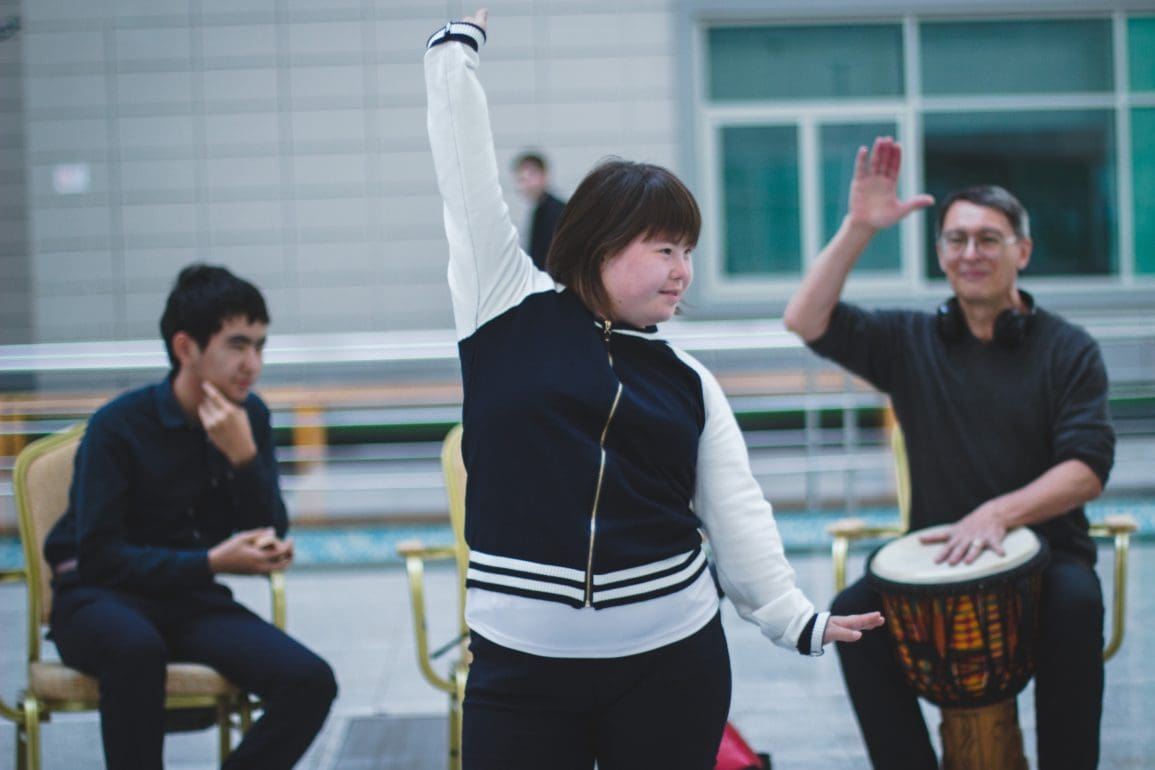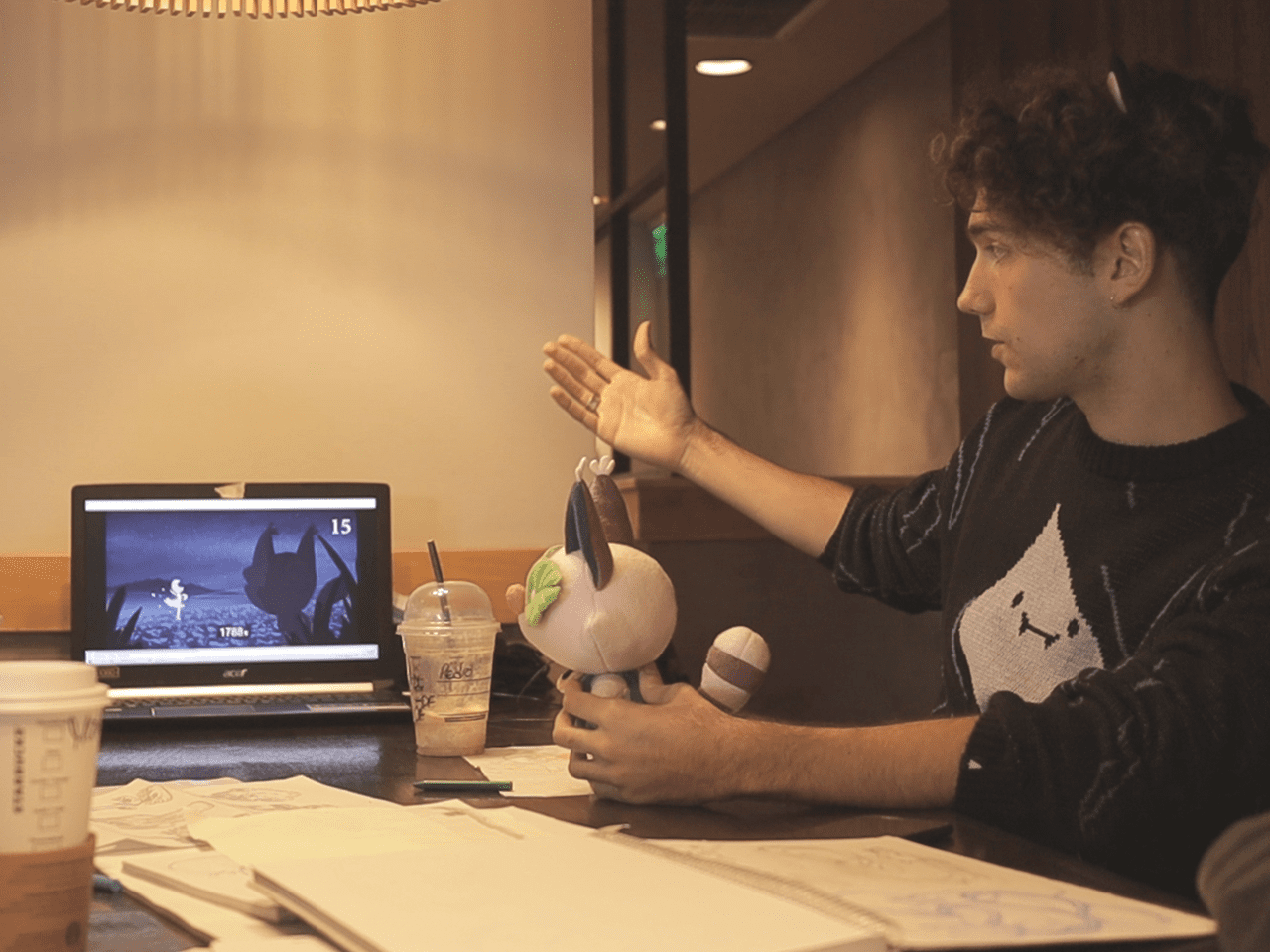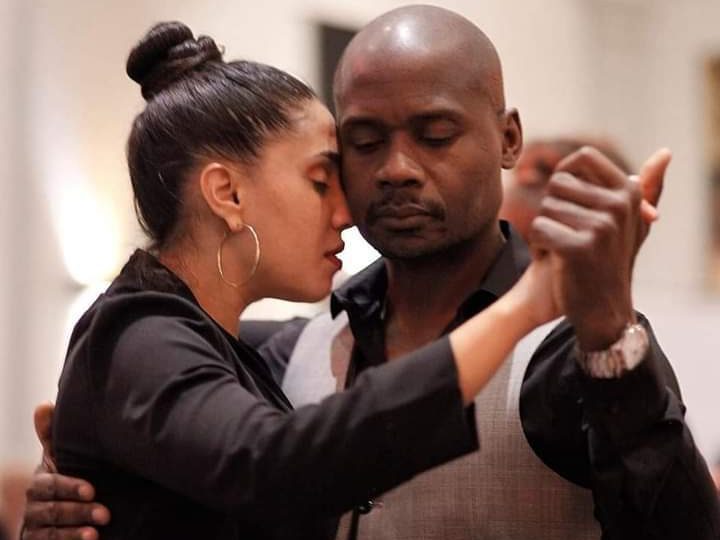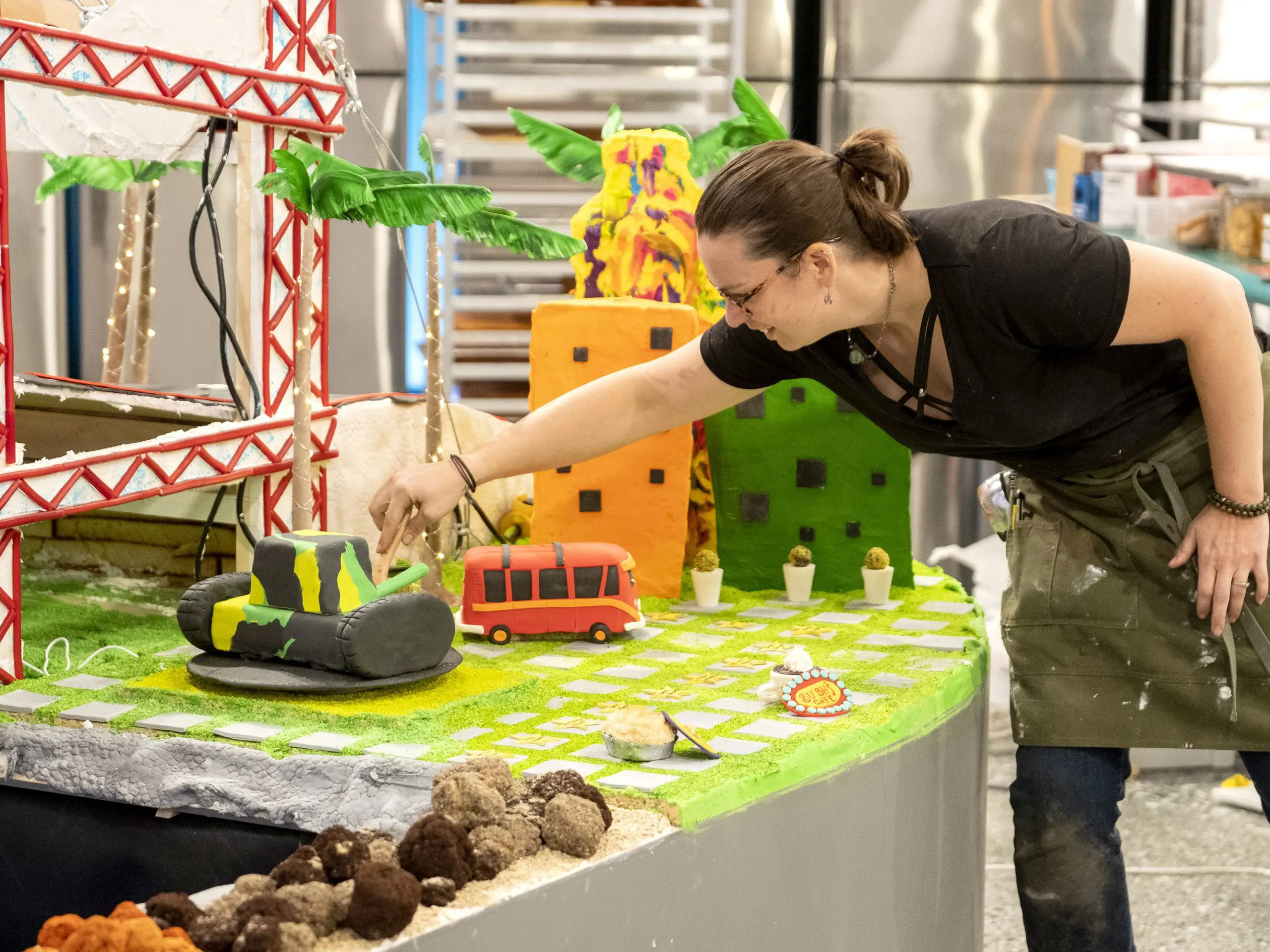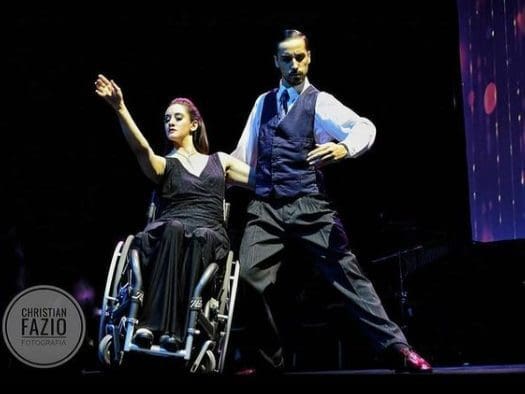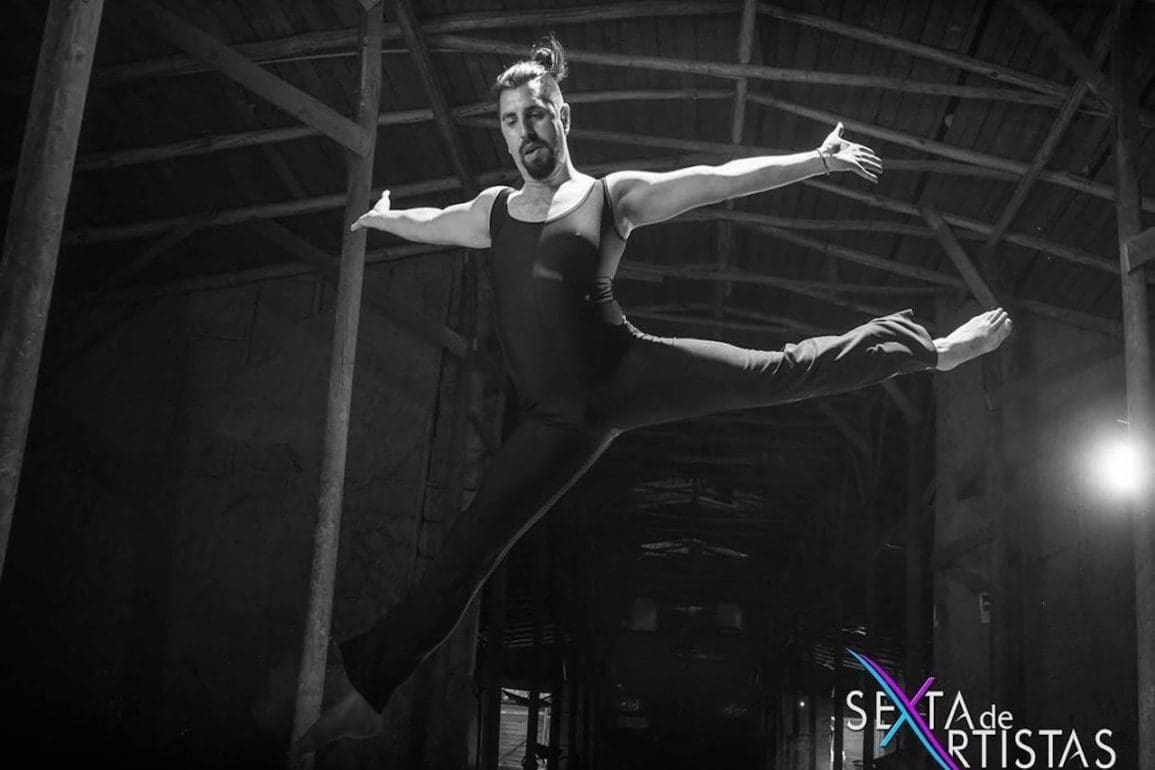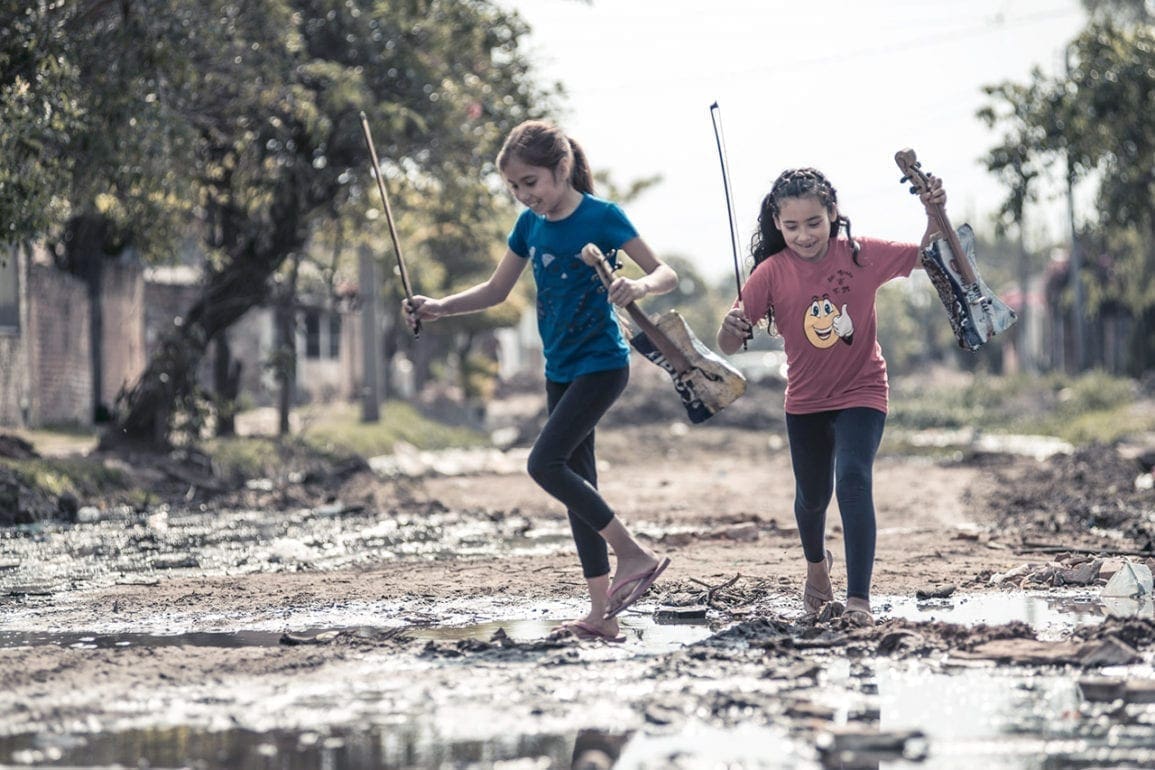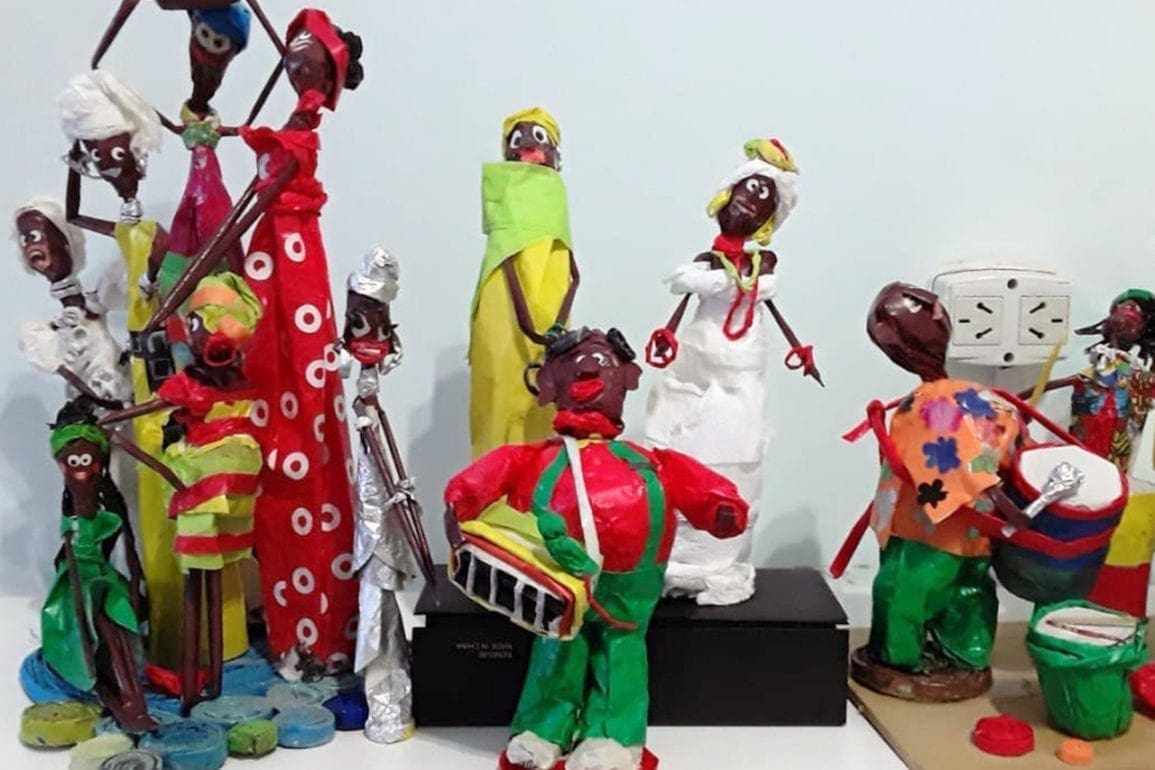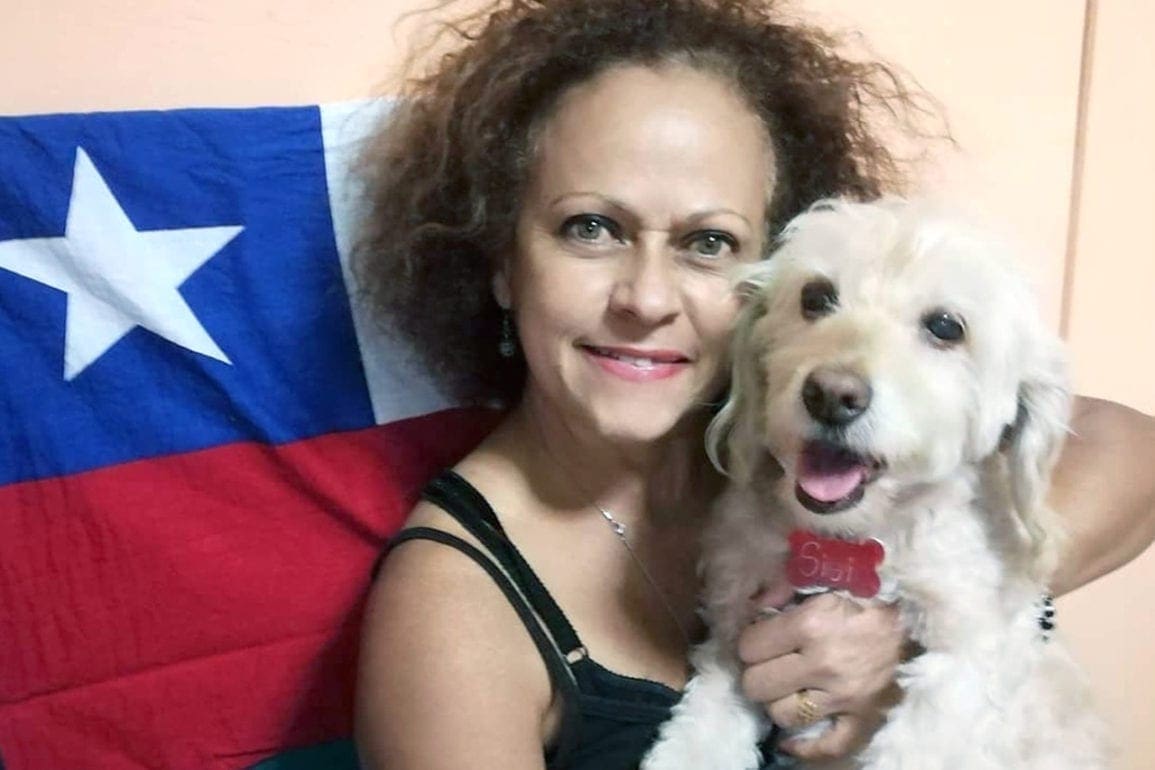Surviving the Ukraine-Russia War in a theater: “It feels like a sacred space”
The theater became a magical space during the war, keeping me mentally healthy. It preserved my senses so I could see life outside the survival lens.
- 3 years ago
January 13, 2023

KYIV, Ukraine ꟷ After the Ukraine-Russia War started, in March 2022, I moved into the theater where I worked. Along with other theater staff and people from nearby buildings, we huddled in the underground playhouse.
It served as a bunker with only one window and offered us protection. The area felt like a sacred place: an art shelter in the city. I believe I faced the war with an advantage.
Surrounded by suffering during the Ukraine-Russia War, the play goes on
The ProEnglish Performing Arts theater in Kyiv became a magical space during the war, keeping me mentally healthy. It preserved my senses so I could see life outside the survival lens. Along with the team, I maintain my theatrical life even now, in the ongoing context of war.
Along the way, we all had to adapt. Before the war, we earned money by teaching classes and selling tickets, but today we live on donations. The war halted so much of our work. The people of Ukraine could not keep things going.
It felt incredible when donations began arriving from citizens of other countries. While the theater building no longer serves as a shelter, we can go there for water, wi-fi, and electricity. We rented a generator, and those amenities never go down.
This power source allowed us to organize a play and acting workshops. By doing something, we help people find positivity and connect with their bodies and mind. I look around and see how people suffer, often more than I do.
I see people who lack heating in their homes, where the temperature inside becomes frigid. People I know who work as programmers, cannot earn money due to failing internet. Supermarkets and cafeterias plead for generators from other countries like Poland. It reminds me of the early days of the COVID-19 Pandemic. Some cope while others do not.
In Bucha recently, I saw even more noticeable destruction. The spirit of the citizens there took on a different air than Kyiv. I watched as people tried to clean the front of their homes to hide the wreckage engulfing them.
Missiles fall, power stations shatter
Living in the capital city of Kyiv changed since the Ukraine-Russia War. In some areas, those changes remain undetectable. In other areas, bombs leave destruction and despair everywhere. A missile fell on Central Park on October 10, 2022, causing havoc. Authorities fixed it in one week. In that response we saw, not just logistics, but the power of motivation amongst the Ukrainian people
Discover Orato’s story recommendations for the conflict in Ukraine.
Shattered power stations on the electrical grid cause regular power outages in Kyiv. Access to light disappears for hours and days. For three days recently, no water flowed. In the 21st Century, no human should endure this. The conditions feel humiliating.
In times of war, I notice we all discover our limits. Some people become furious and irritable, while others remain calm. When the electricity goes out, I see friends become frustrated, while I am unphased. I must be because, as a child, we often had no electricity due to poverty.
On the other hand, the water became my weak spot. I felt lost without it. When I have water, it cleanses my frustrations and discomfort. I feel dehumanized and vulnerable.
Over the last nine months, my definition of war varied depending on my experiences. At times, my survival instincts kicked in. In those moments, it becomes easy to cast aside empathy for others and think of yourself. At times, we lose our sense of reality. The news and statistics paint a nightmarish picture. You feel like part of the game of life; but life is not even real.
During the Ukraine-Russia War, our proximity to death hits the heart. Our dead cannot be isolated from society in hospitals or cemeteries. Death’s footsteps follow us closely at all times. Sometimes, we simply cannot face it. We never know where the next missile might fall.
I embrace the performing arts to help me approach death a different way; to try and remain positive and calm despite this ongoing war.

